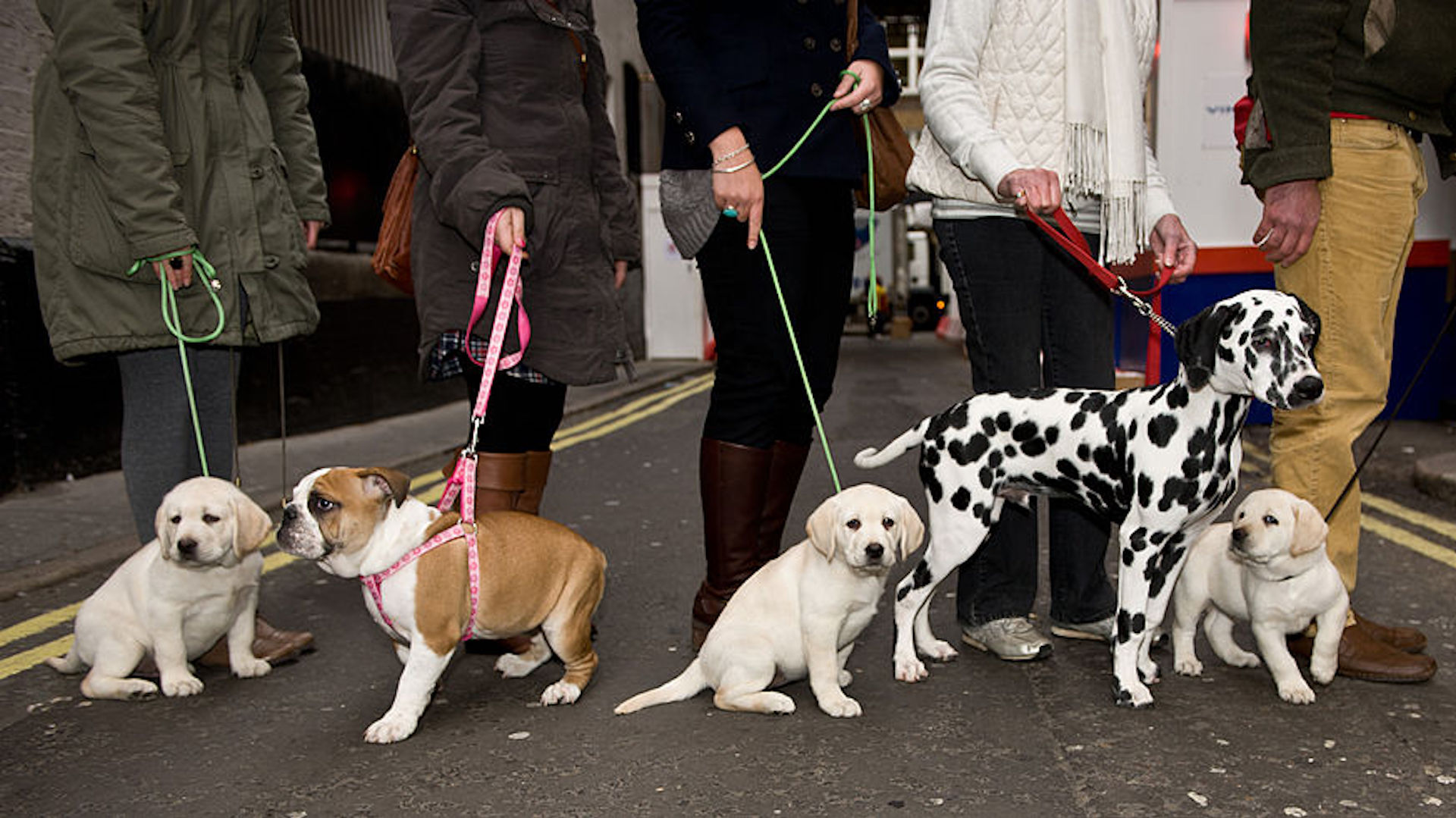
Considering a furry friend but want to know the worst things about owning a dog? Look no further. Dogs are the most popular pets in many countries, including the US, UK and Australia. Man’s best friend has so many wonderful and endearing characteristics, whether as a family pet, a working dog, a therapy dog or a guardian, so it‘s no surprise they top the bill.
However, dog ownership is not all sunshine and rainbows. It’s a massive responsibility and commitment, and there are times when most dog owners will ask, “Remind me whose idea it was to get a dog?”. They’re messy, hairy, slobbery, noisy, and the list goes on – we forgive them all of these. But arguably the worst thing about dogs is that after little more than a decade, one day they die. Whatever their faults, this is by far their worst.
Most people can happily put up with all the negative aspects of ownership for the sake of the joy they bring. However, before getting a pup in the first place, it’s worth totting up all the worst things about owning a dog. And if these don’t put you off, then you’re a surefire dog lover.
32 worst things about owning a dog
1. Dog poop
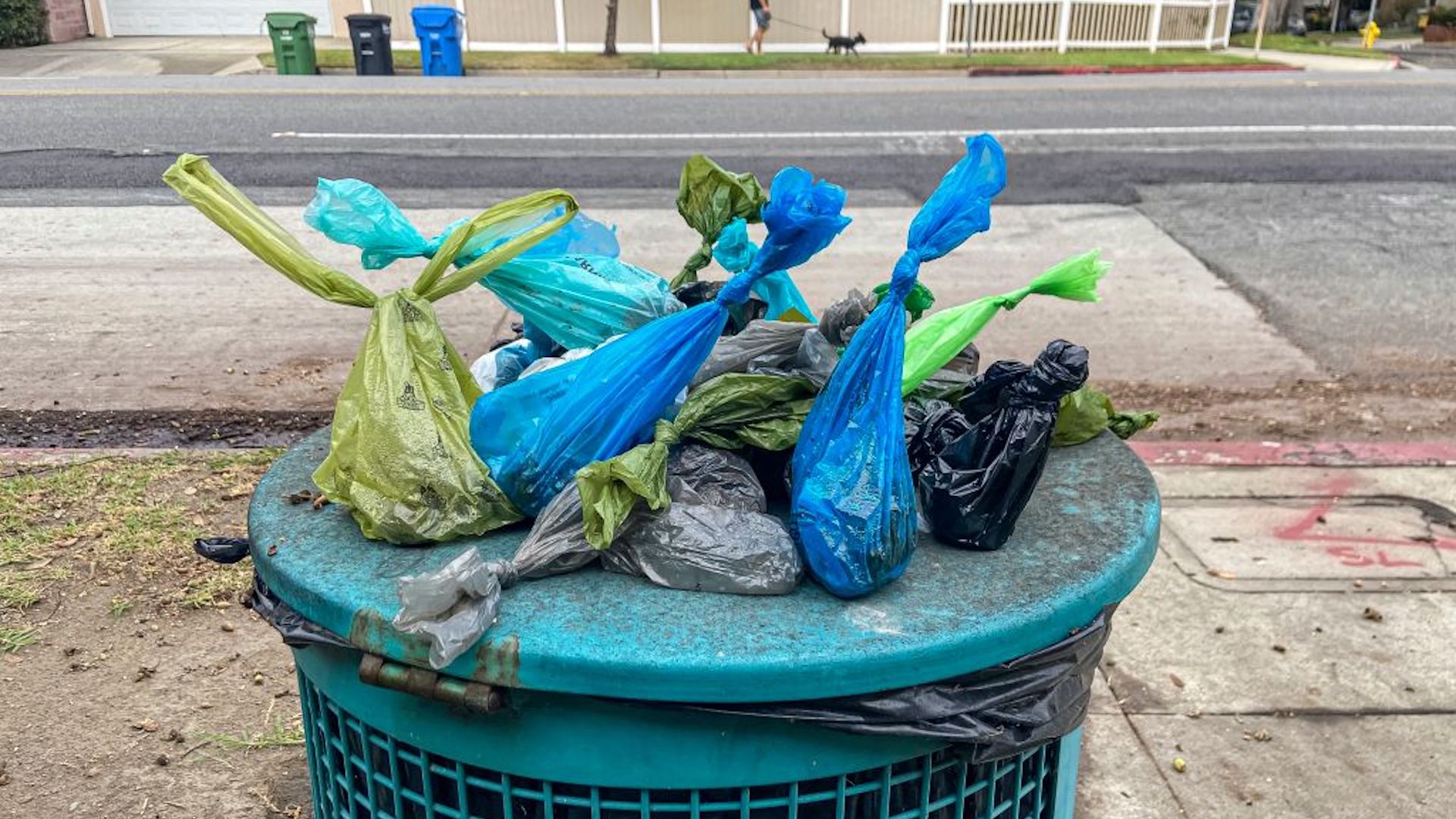
This has to be the worst thing about dog ownership. It’s messy, smelly, it gets into the crevices on your shoes and is revolting to clean, and you need to pick it up and dispose of it day in day out, up to five times a day.
Added to this, there are some nasty diseases that spread in dog poop, such as toxocariasis.
2. The exercise burden
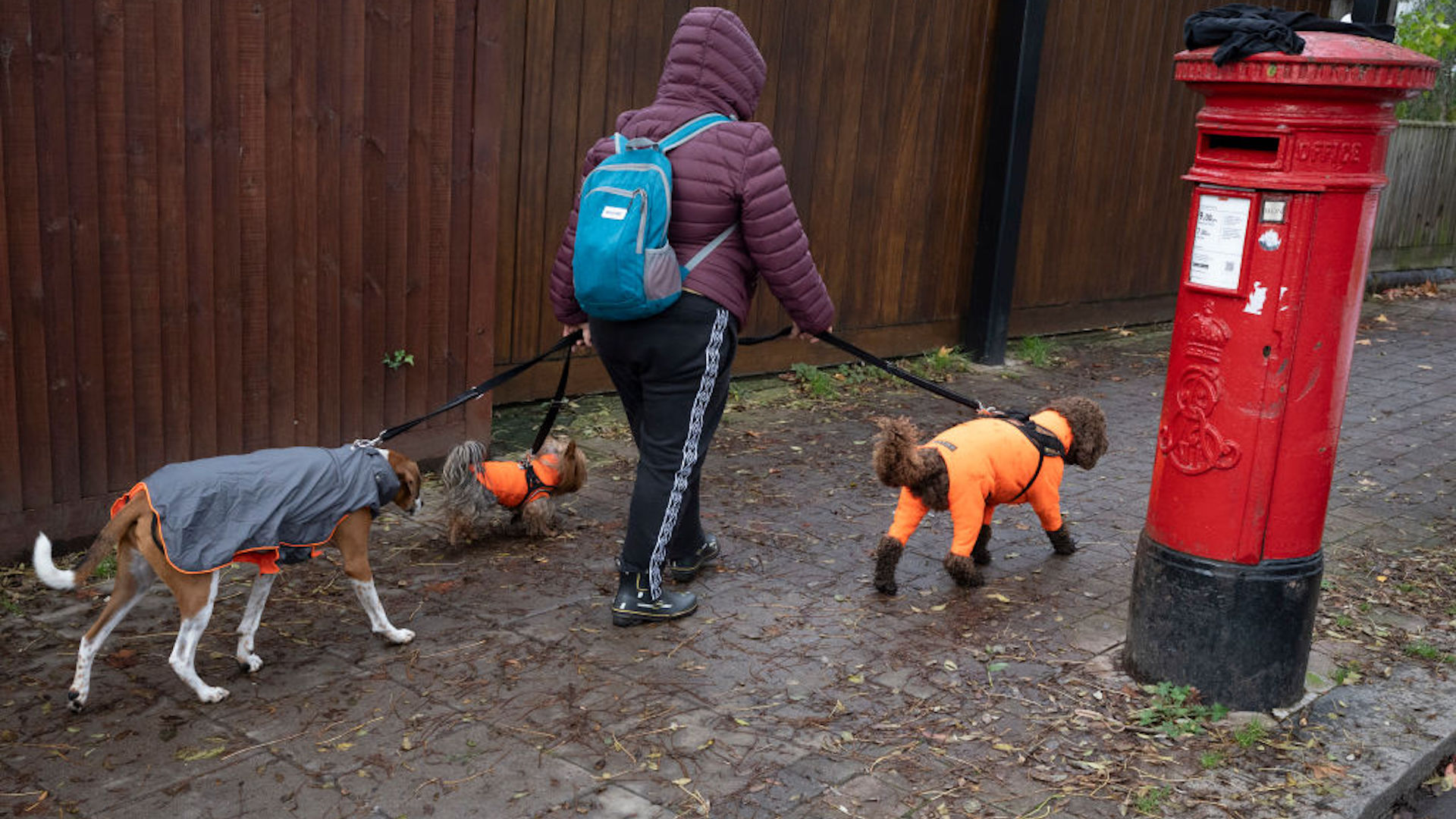
Exercise is good for all of us, but it’s handy to be able to take it when we want to. If you have to get up in the darkness before work so as to take your dog out, it quickly becomes a chore. Or when it’s pouring with rain and you’re hoping to give an outing a miss, the dog will still tell you it’s time for walkies!
3. The need for attention
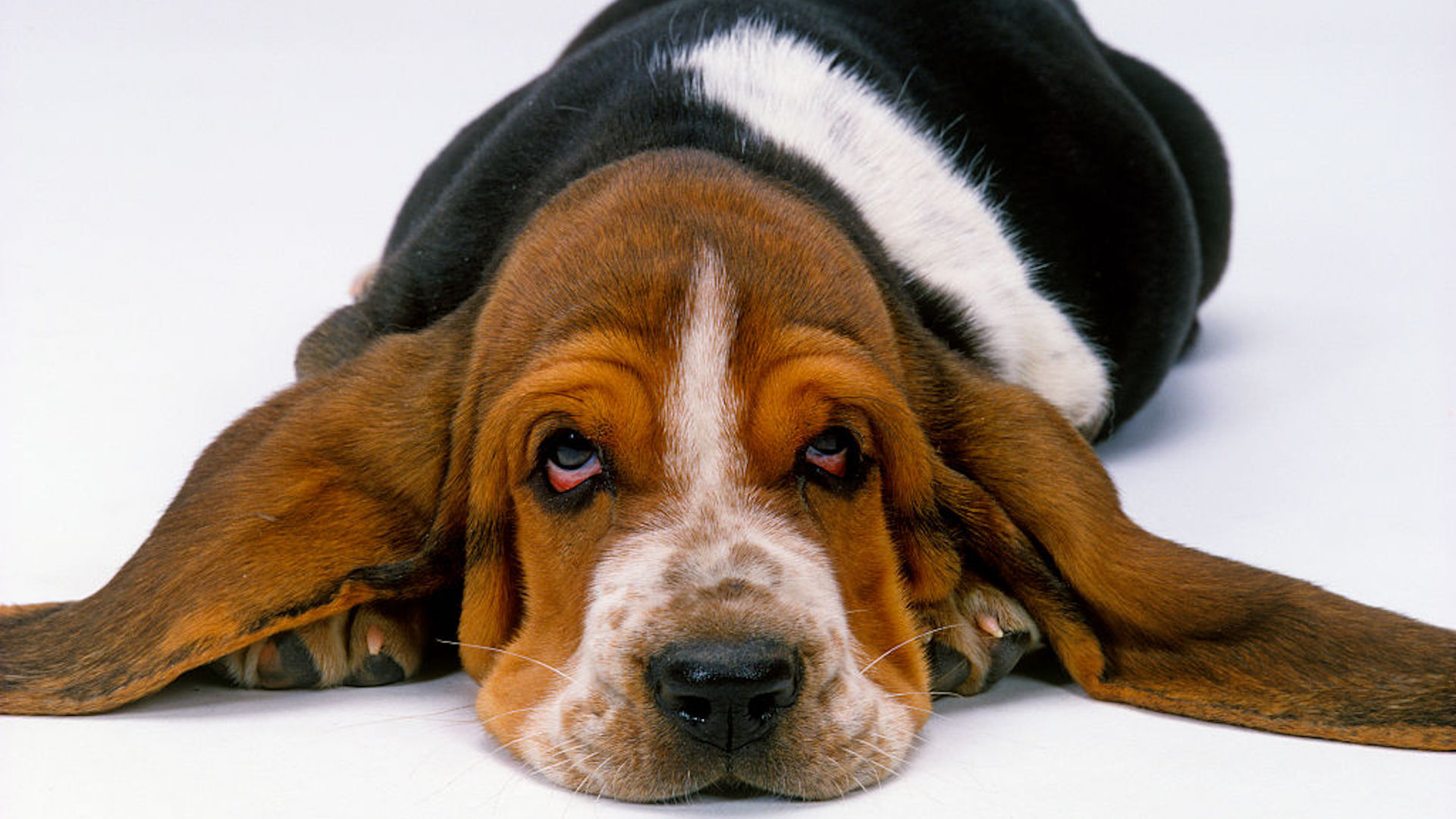
A dog isn’t an object that you can put in the cupboard when you’re bored. Dogs are social pack animals that thrive on attention and companionship. If you haven’t got the time to play, stroke, groom, walk and generally treat your dog as a member of the family, a dog isn’t for you. A lonely or depressed dog may resort to destructive behavior – and then you have even more of a handful to contend with.
4. Purchase price
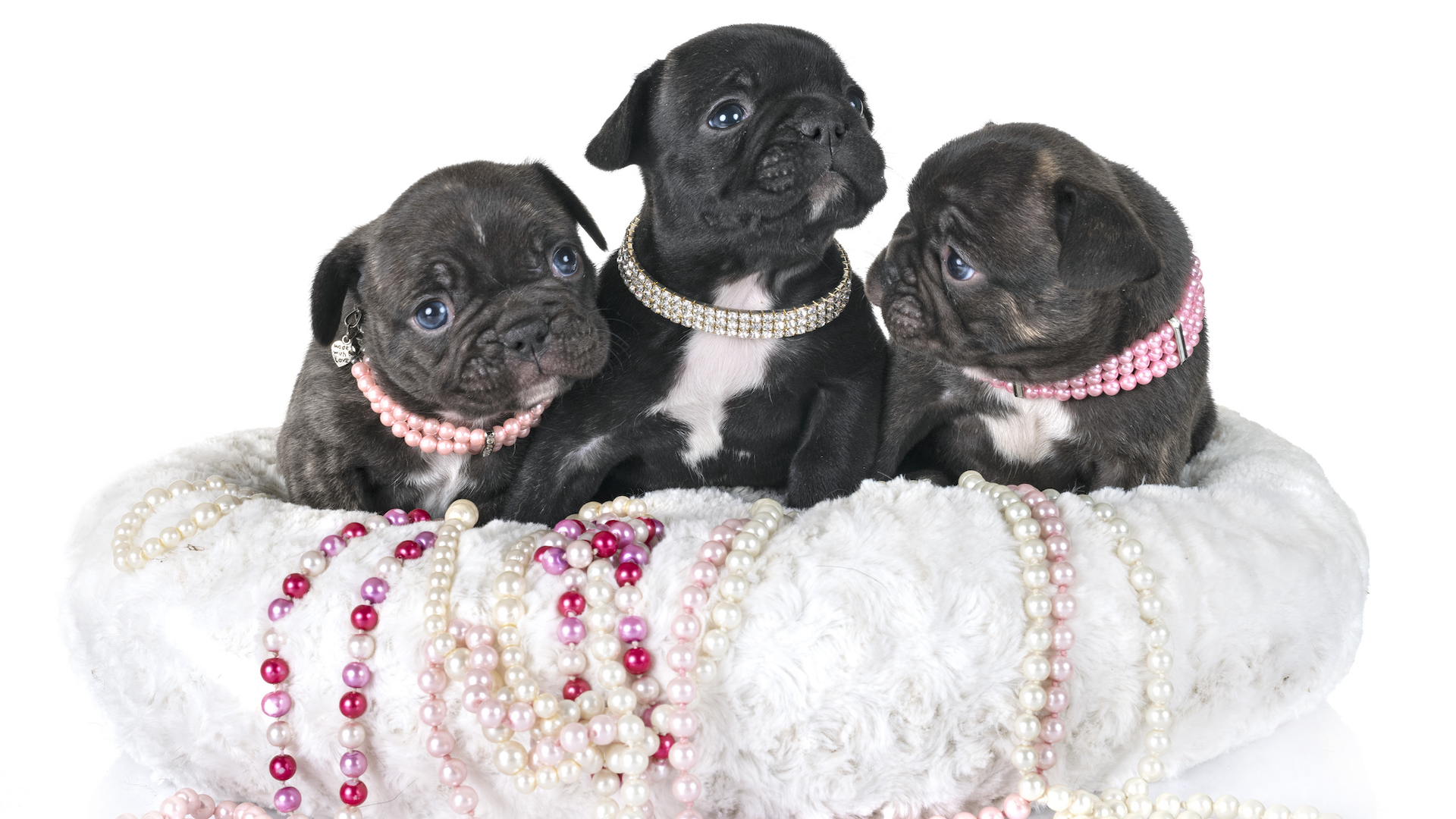
Dog prices go up and down – and while they sky-rocketed during COVID, they haven’t yet come down to pre-2020 prices. A fashionable pedigree dog such as Bulldog could cost as much as a small car, and a highly trained Collie for competition work or a gundog will also be expensive. You are not buying a hamster...
5. Vet costs
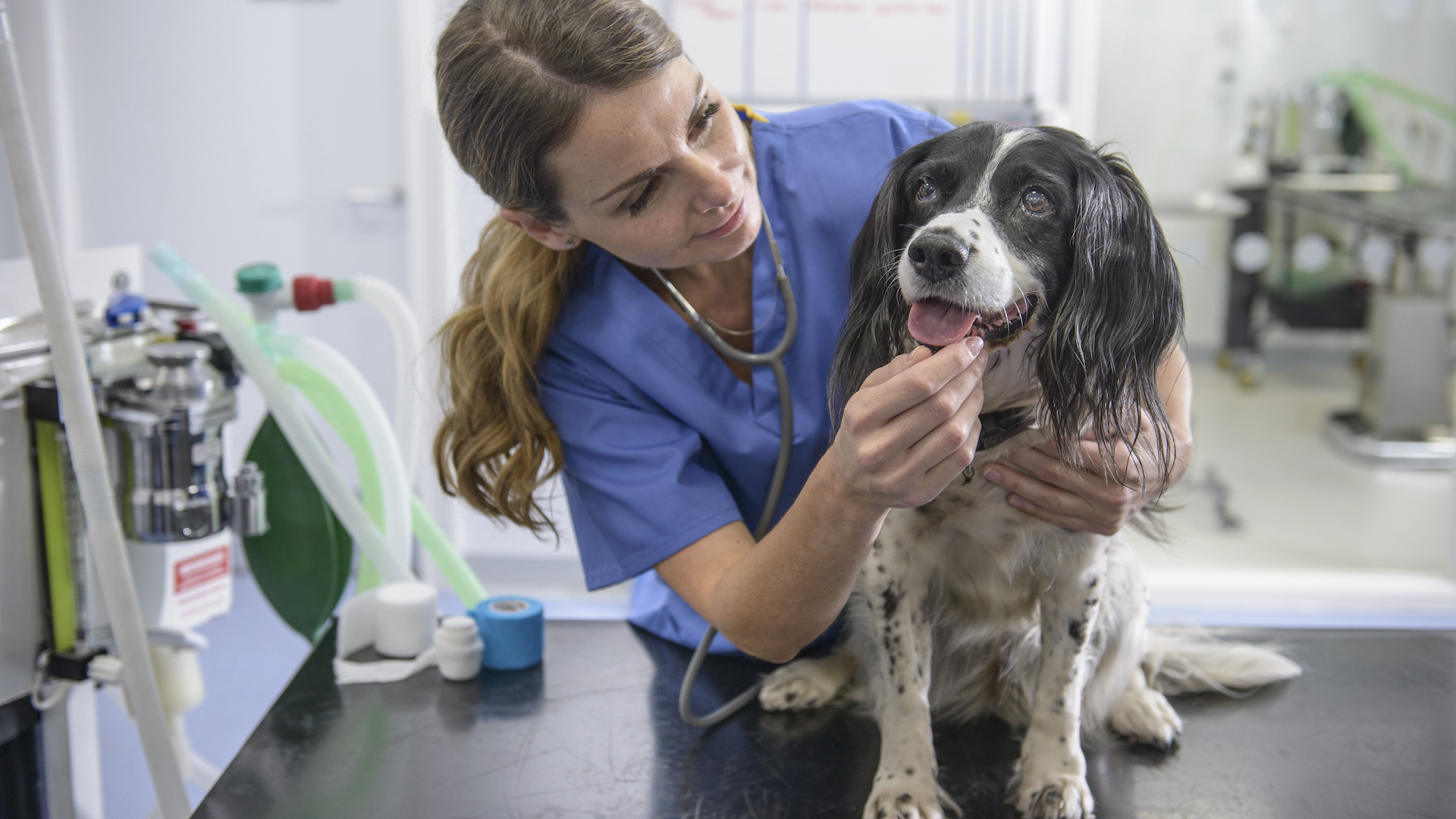
Never mind the purchase price, vet fees can quickly become astronomical and leave dog owners wondering how to get cheaper pet insurance. Even if you have a fit and healthy dog, accidents happen and all dogs need vaccinations and worming pills. Veterinary costs tend to go up as the dog ages. Many people choose to insure their canine, but you’ll still have to shell out for significant monthly premiums (which are likely to rise if you claim) and the excess.
6. Food costs
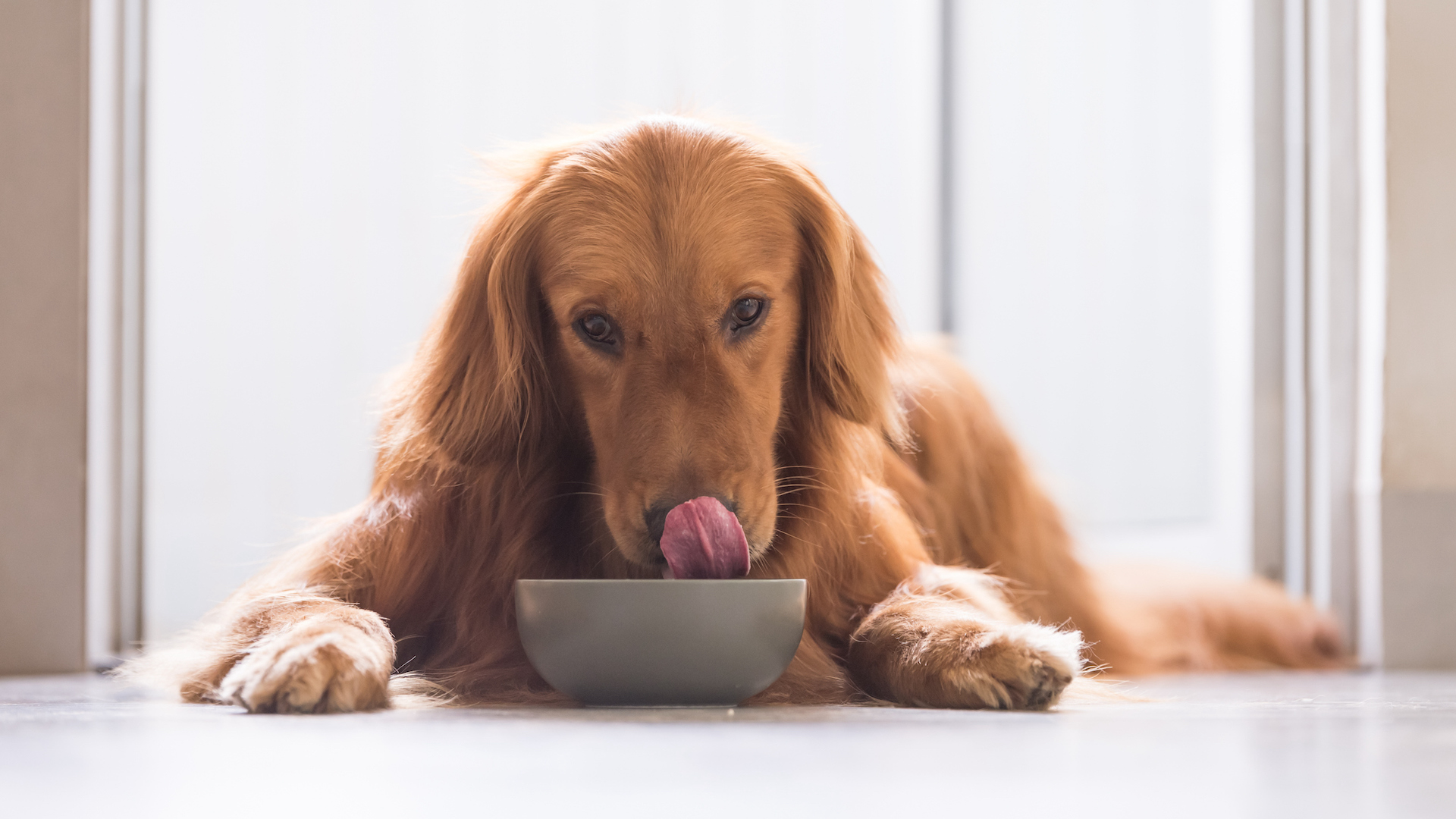
Dogs might not quite rack up the weekly shopping bill that humans do at the grocery store, but the cost of high-quality dog food is significant. The more nutritious the food, typically the higher the price. Especially galling when you’re having to pick up what comes out the other end...
7. Grooming requirements
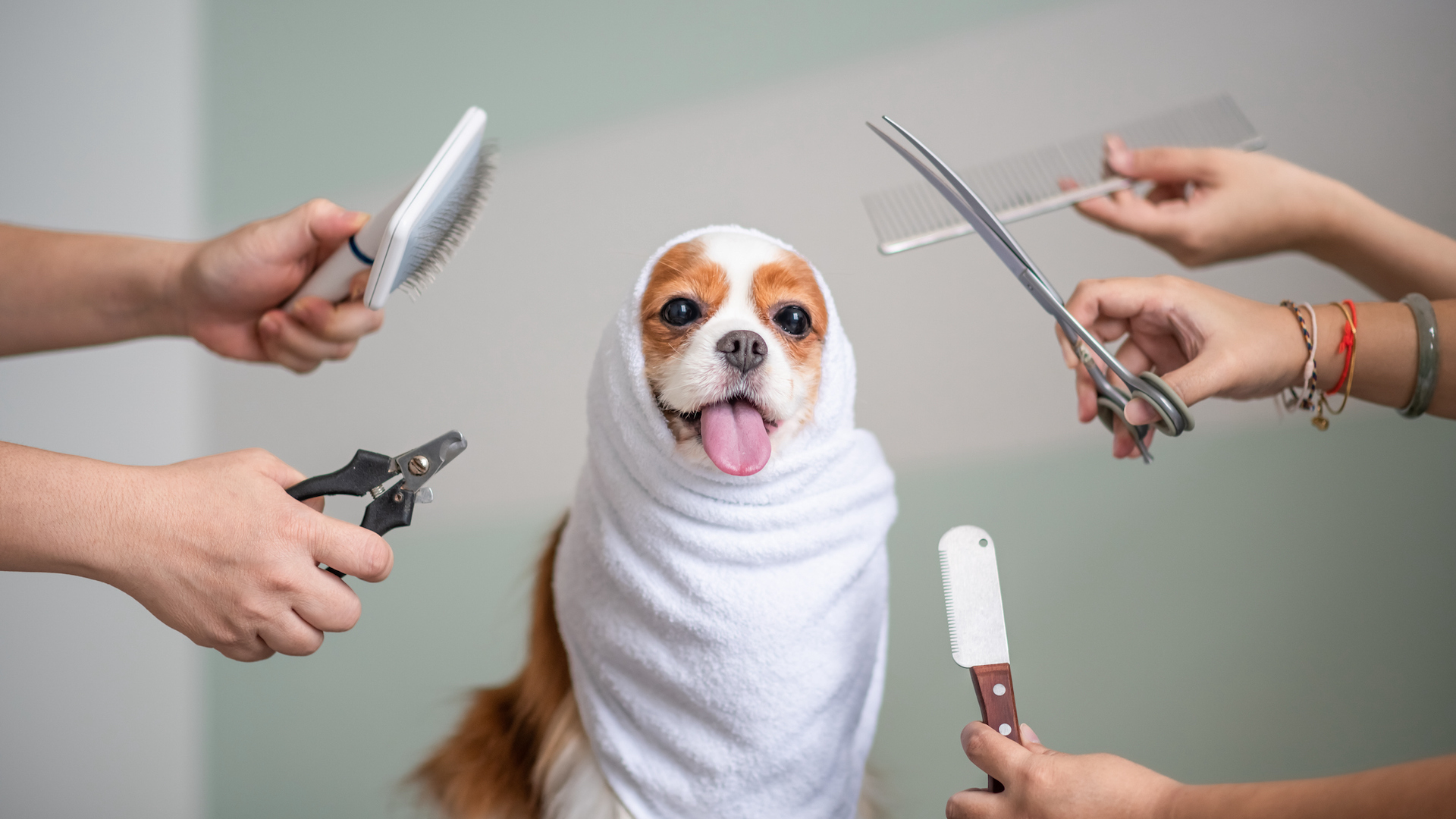
This varies from breed to breed. A short-coated, silky dog such as a French Bulldog will require less grooming than a Poodle. As well as the regular grooming, nail-clipping, ear-cleaning and brushing that you need to do at home, especially with dogs with a more demanding coat, you may also have to pay for them to be professionally clipped at a grooming salon. Yet more expense...
8. Fleas
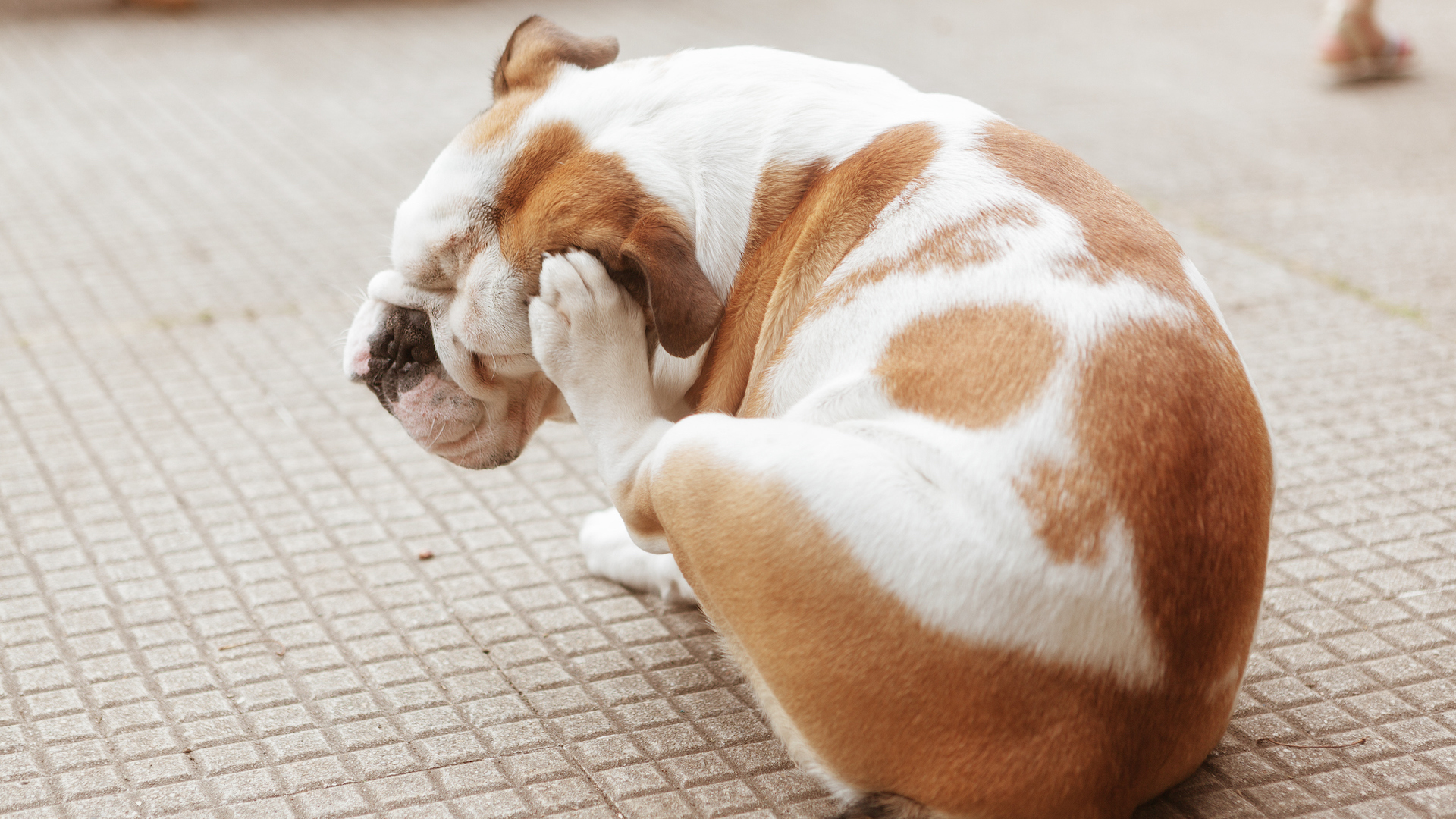
Fleas find a very happy home on a dog’s skin. And when fleas set in, it is mighty hard to exterminate them. They get everywhere, not only all over the dog, his basket and wherever he has been, but they multiply extremely rapidly, leaving thousands of eggs surviving in nooks, crannies and carpets even when the adults have been destroyed. It is a long and persistent cycle to rid your house of them, and can take months.
9. Holiday logisitics
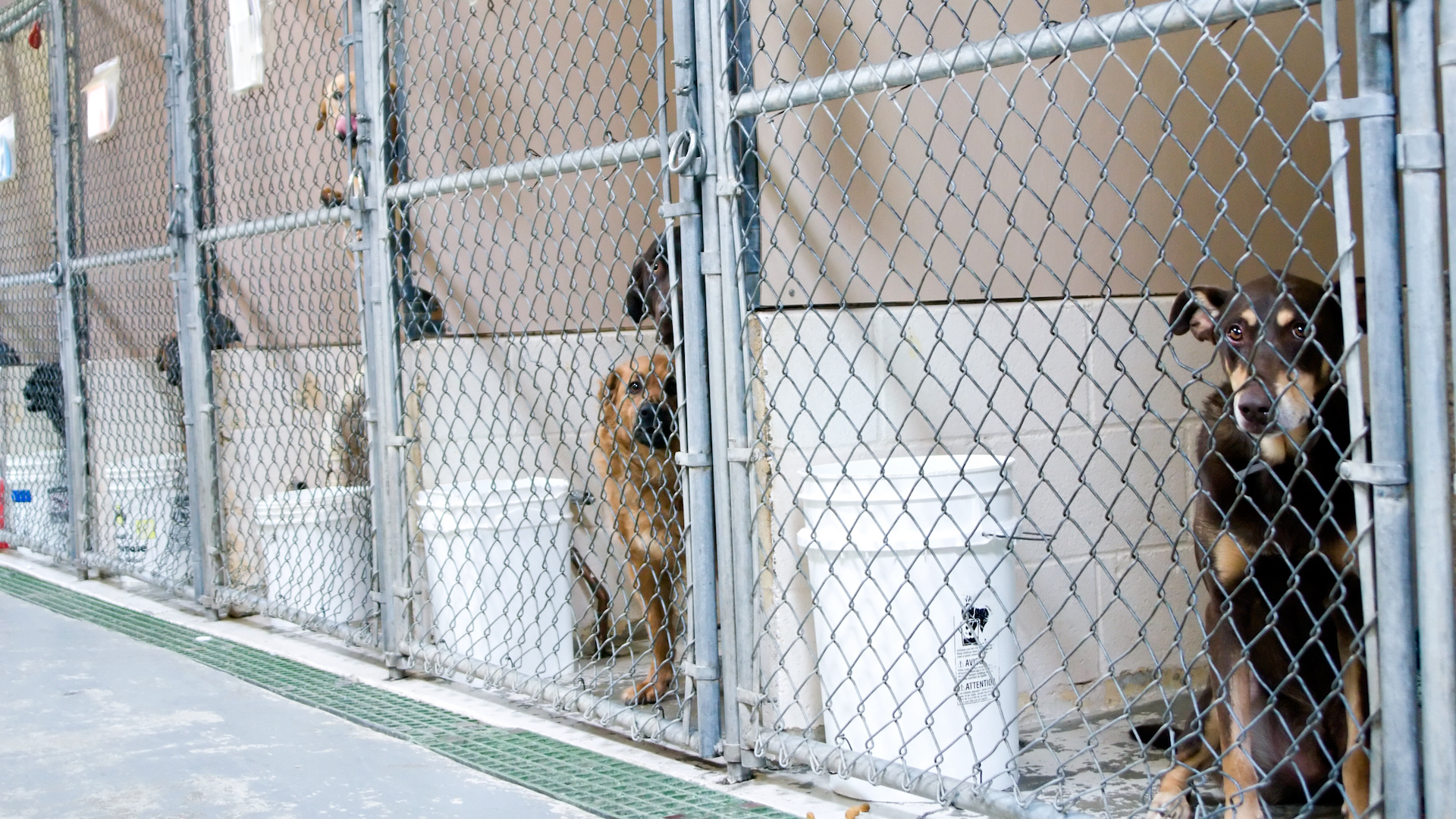
No longer can you jet off spontaneously to whatever country you please. When you have a dog, you need to book sitters or kennels months in advance – which are always particularly busy during key vacations and holidays throughout the year. You can’t just leave your dog with a supply of food for a weekend, let alone a week’s break, like you might with a cat. And of course, you have to pay, which adds a hefty whack on to the vacation bill.
10. The impact on your day’s comings and goings
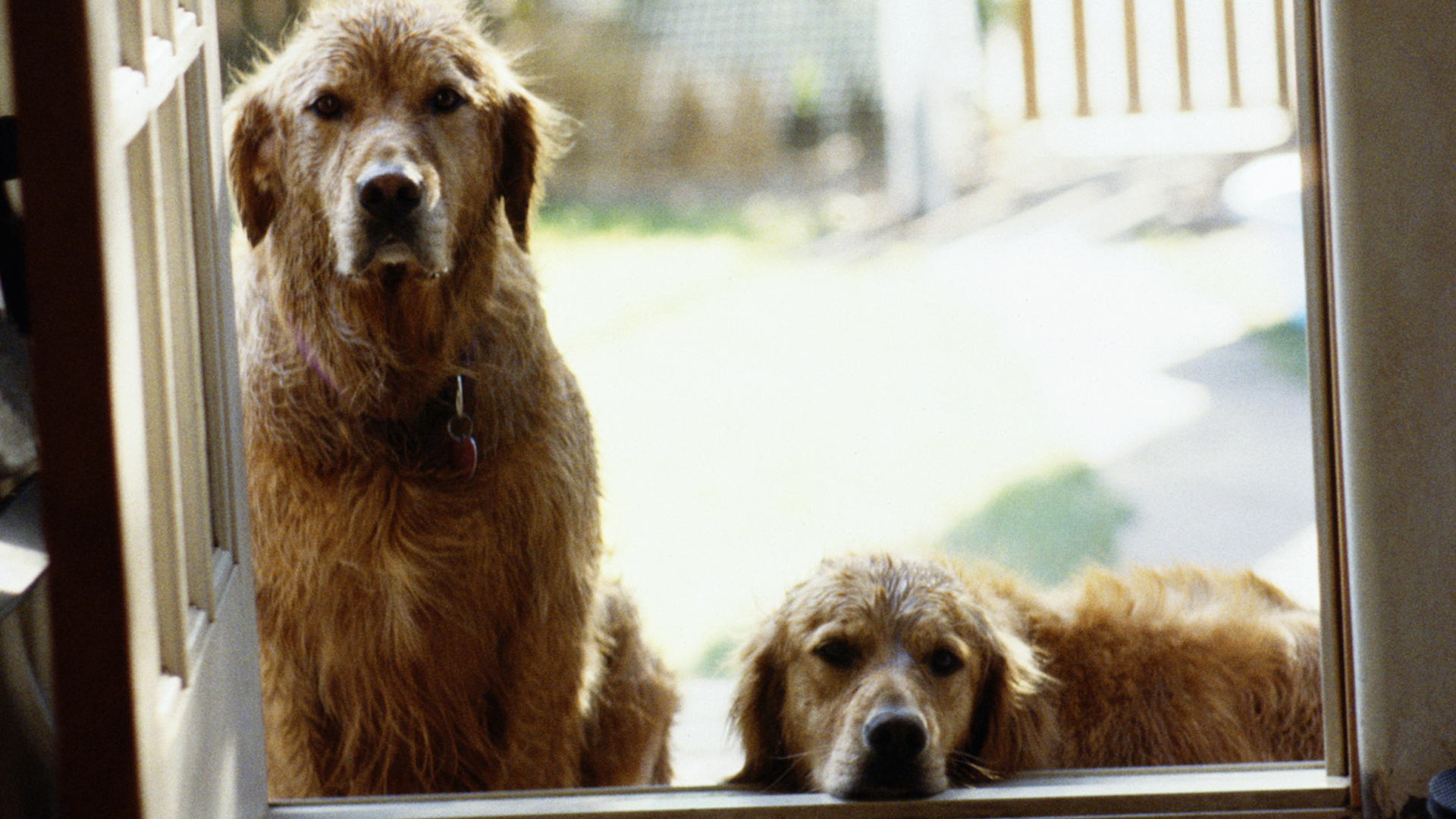
Before you have a dog, you can come and go from your home as you please. If you work in an office all day, no problem. If you need to head straight out from work to a party, go for it. But dogs don’t thrive being left alone at home; they hate being “abandoned” for hours on end. In short, they need company, and if you’re out for more than four hours at a time, you need to make arrangements for someone to come and spend time with your pooch. And that will likely cost you too...
11. Digging antics
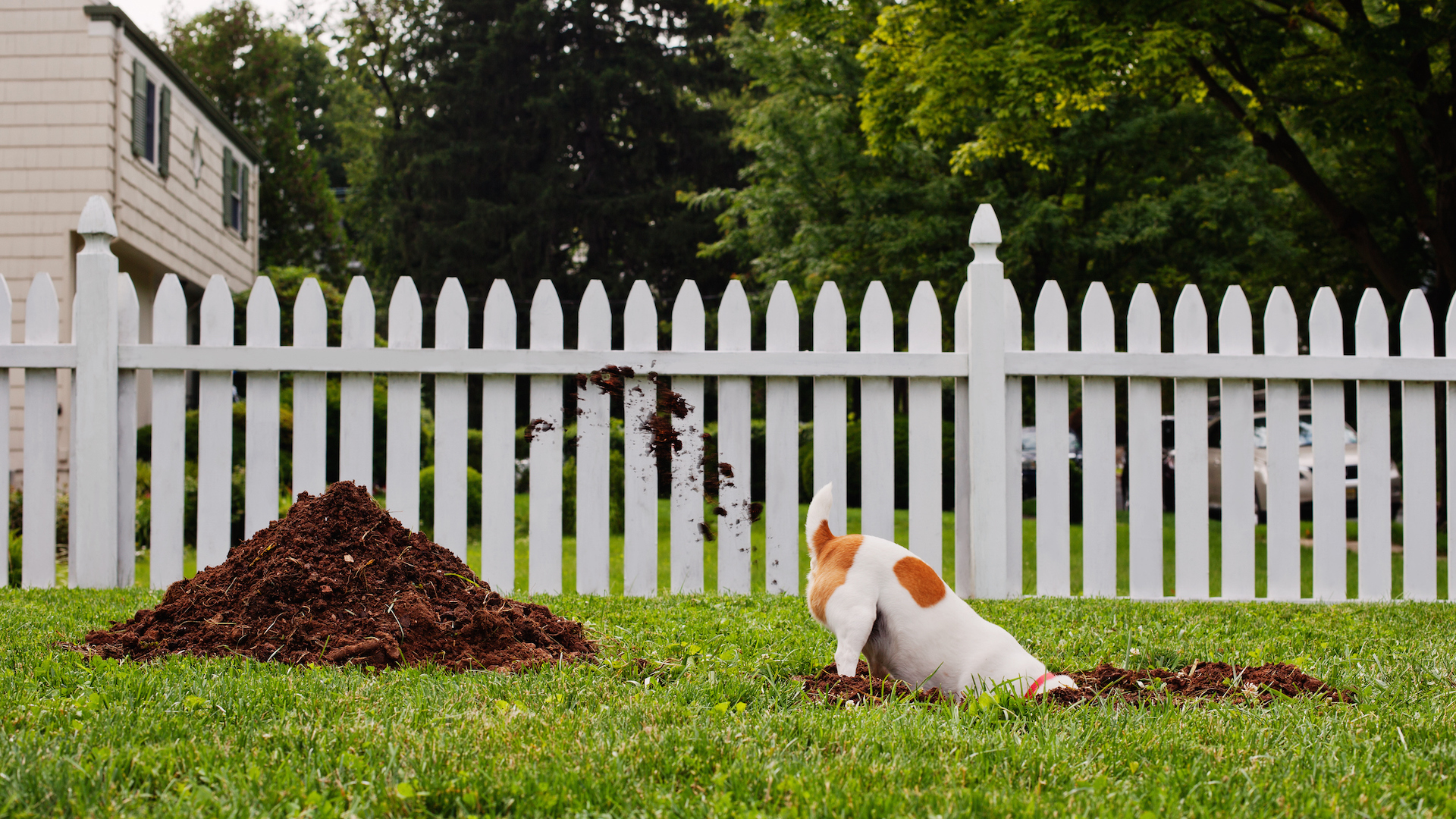
Most dogs, and especially Terriers, love to dig, especially a nice, pristine lawn. Not only does this destructive habit wreak havoc on your beautifully landscaped garden but it can also lead to the dog managing to escape from your yard under the fence.
12. Nuisance barking
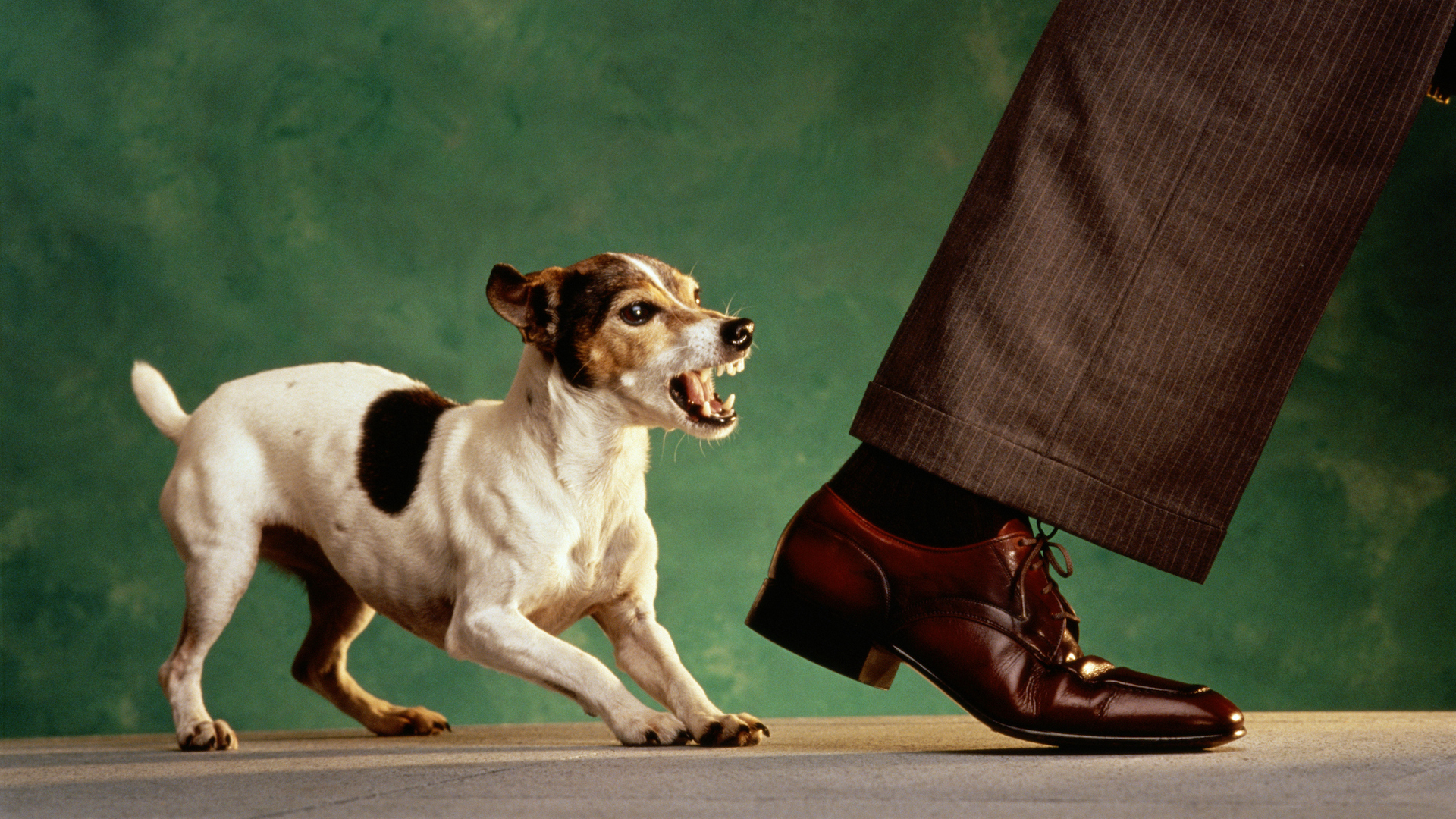
Although some dogs are pretty quiet, most do bark with varying degrees of volume, tenacity and intensity. Fine if it’s just a quick notifying yap when a visitor arrives at the door, but when they just won’t stop it drives everyone mad. And even if you can put up with it, your neighbors might not put up with you.
13. Up with the dawn – every single day
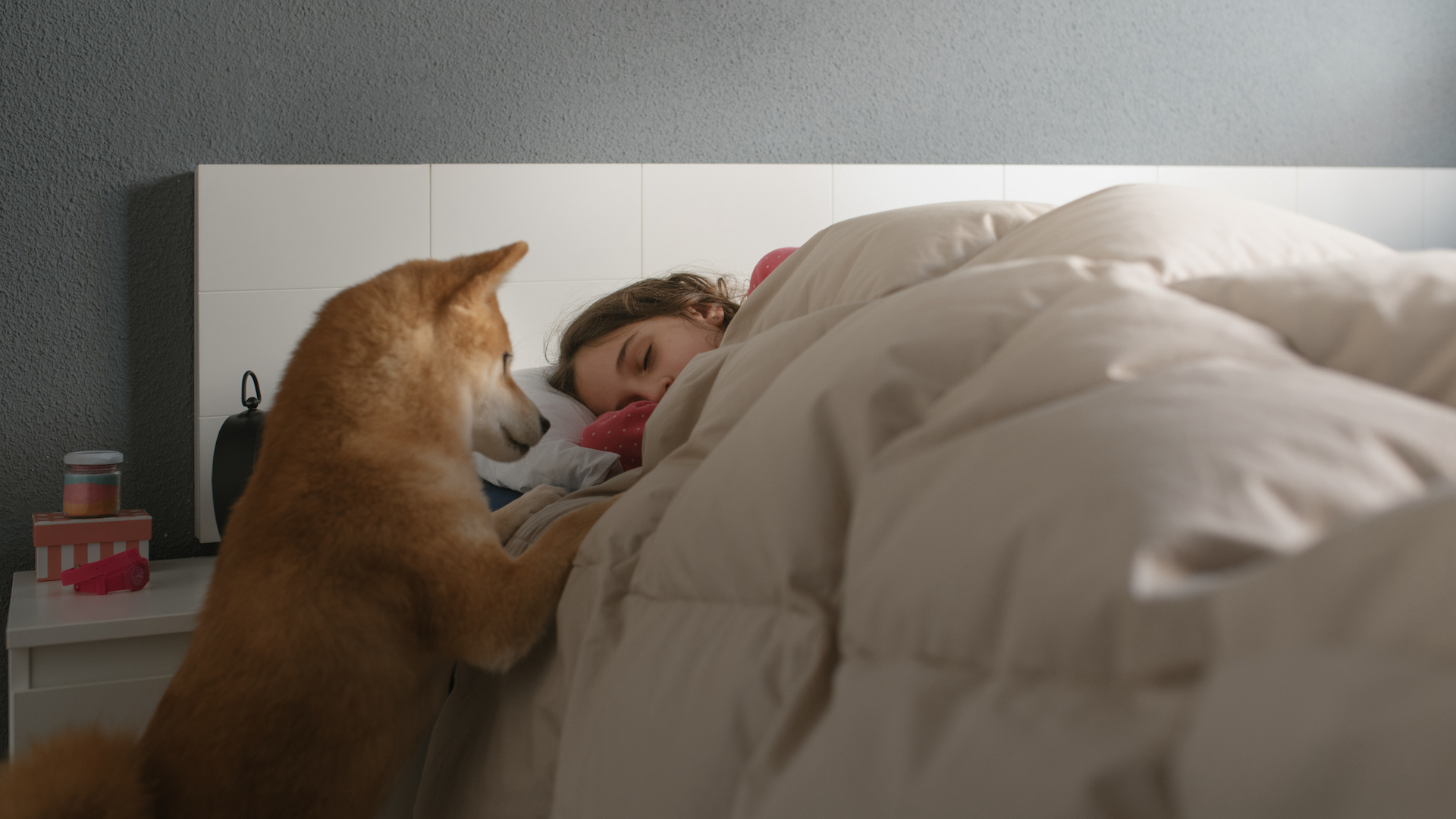
If you value the occasional lie-in do not get a puppy! Even older dogs tend to wake up when day breaks, and if you are the type to snooze until brunch every weekend then a dog isn’t your friend. Most dogs are morning people.
14. How long dogs live
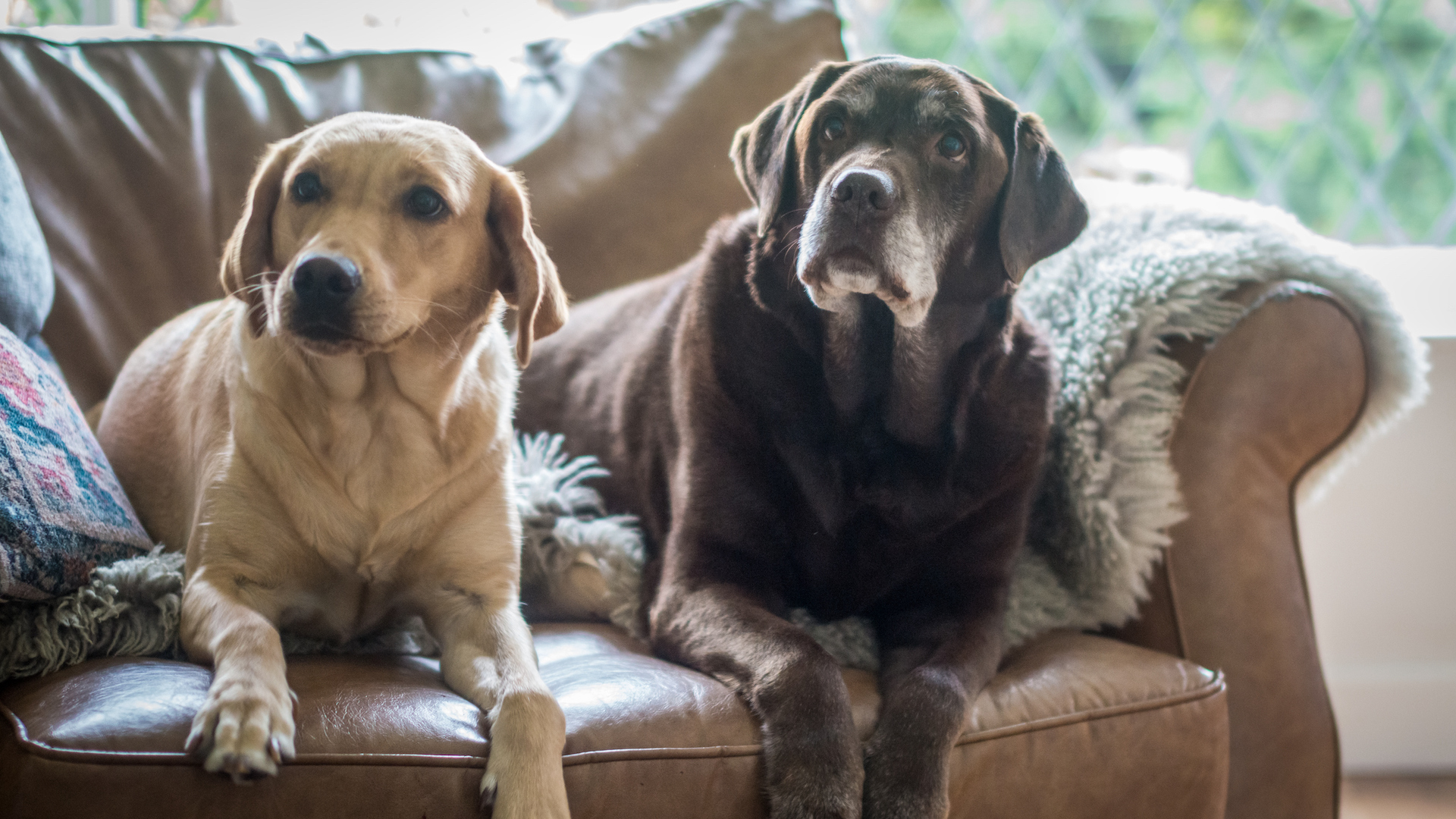
The American author Agnes Sligh Turnbull said that a dog’s only fault is that their lives are too short. A dog’s average lifespan is 10-13 years, shorter for the larger breeds. And so for those of us who find the death of a dog akin to a family bereavement, there are a fair few of those to cope with in a human lifetime.
15. No space in the car
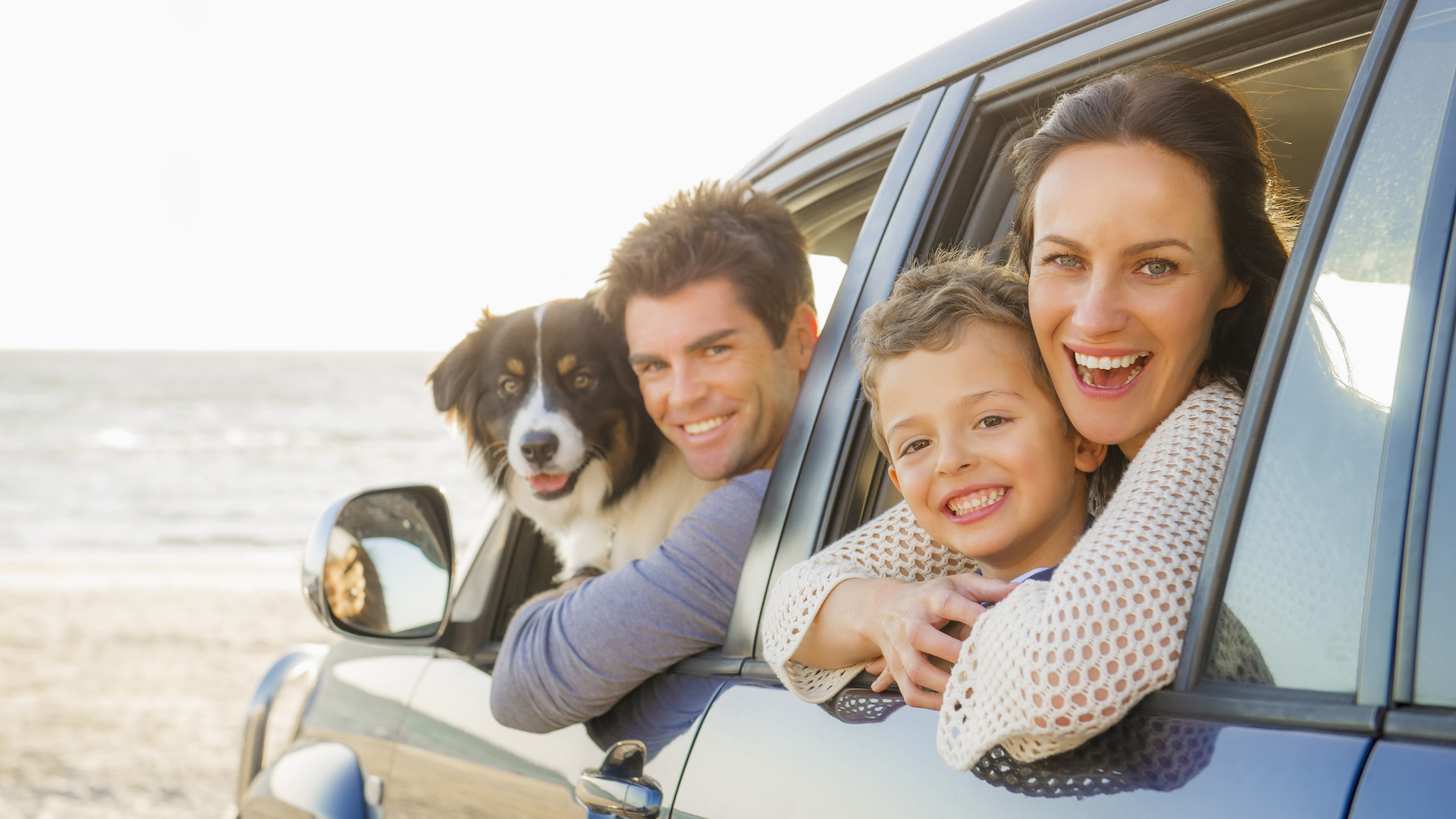
Naturally it depends on the size of your dog and your family, but if you had a car to fit your family in neatly, it no longer will. At least not with luggage too.
16. Allergy triggers
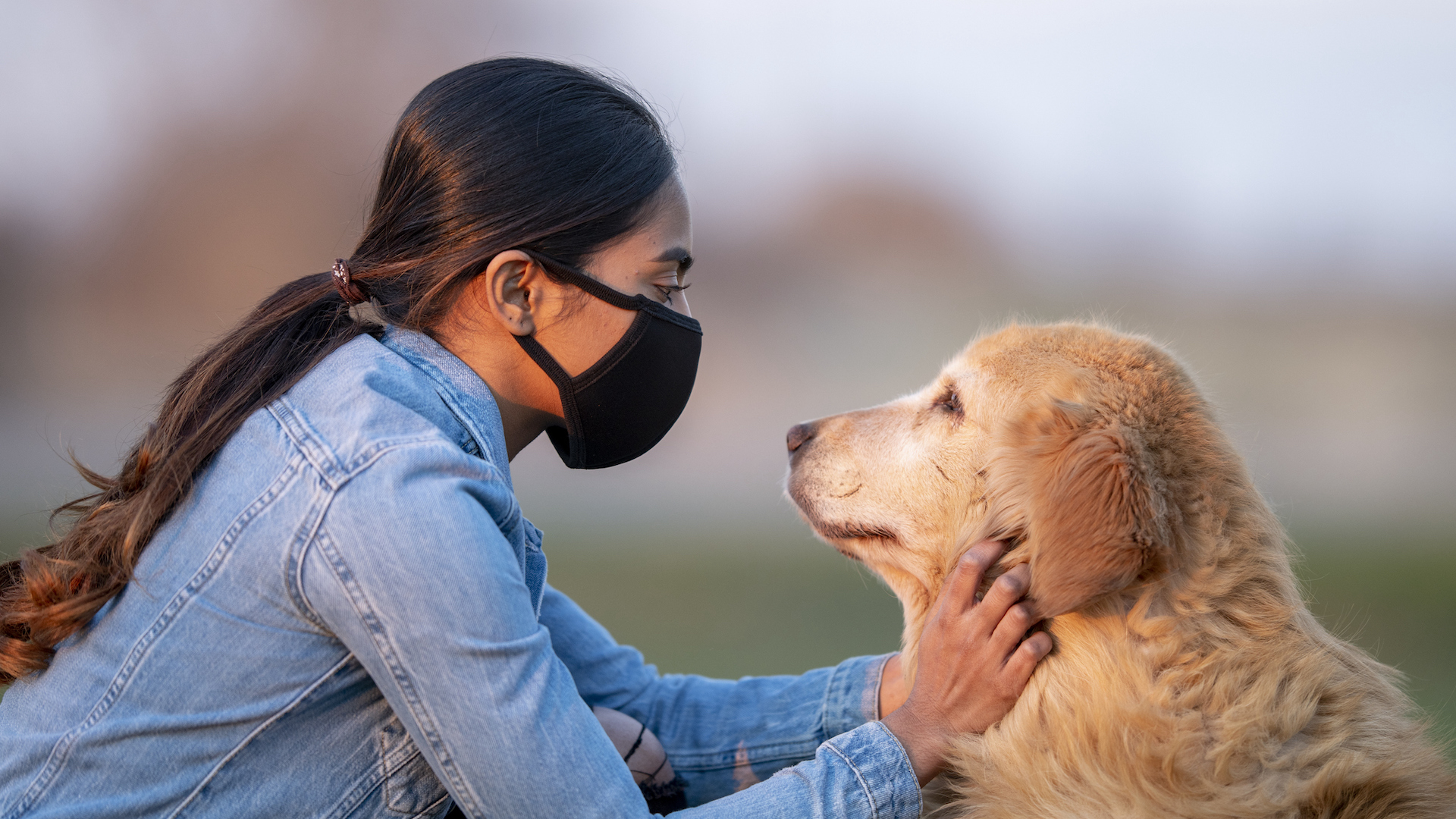
Some humans are allergic to dogs, and they don’t always know this until they have to share a house with one. Dogs that shed a lot of hair, and dander, will be more likely to trigger an allergic reaction, while the so-called hypoallergenic dogs such as Poodles, may be less troublesome.
17. House-training
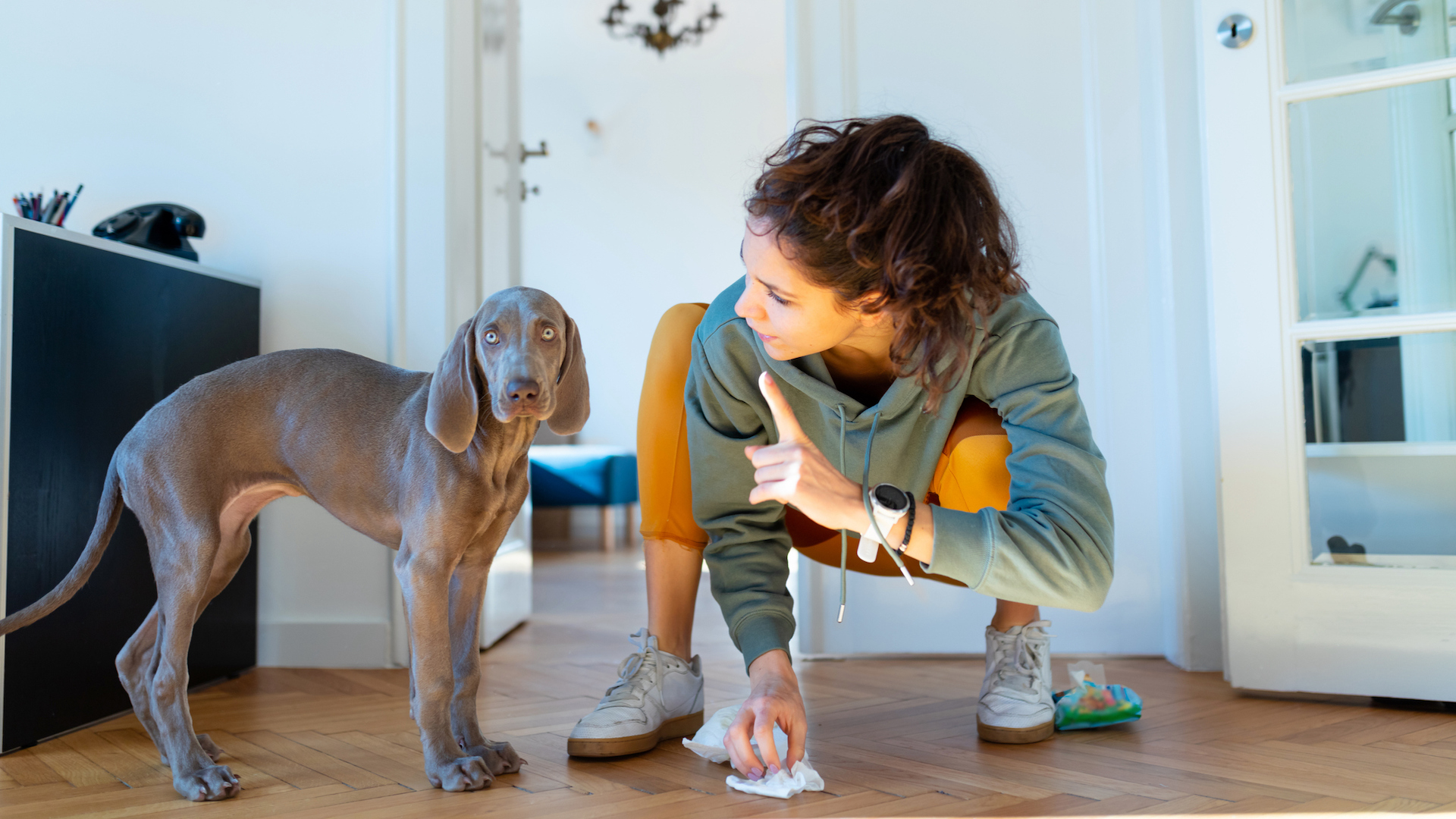
Unless you acquire an adult dog, you will be required to go through the mandatory spell of clearing up messes, carpet-cleaning pee stains and getting up in the night to let your puppy outside to do his business.
18. Destructive habits
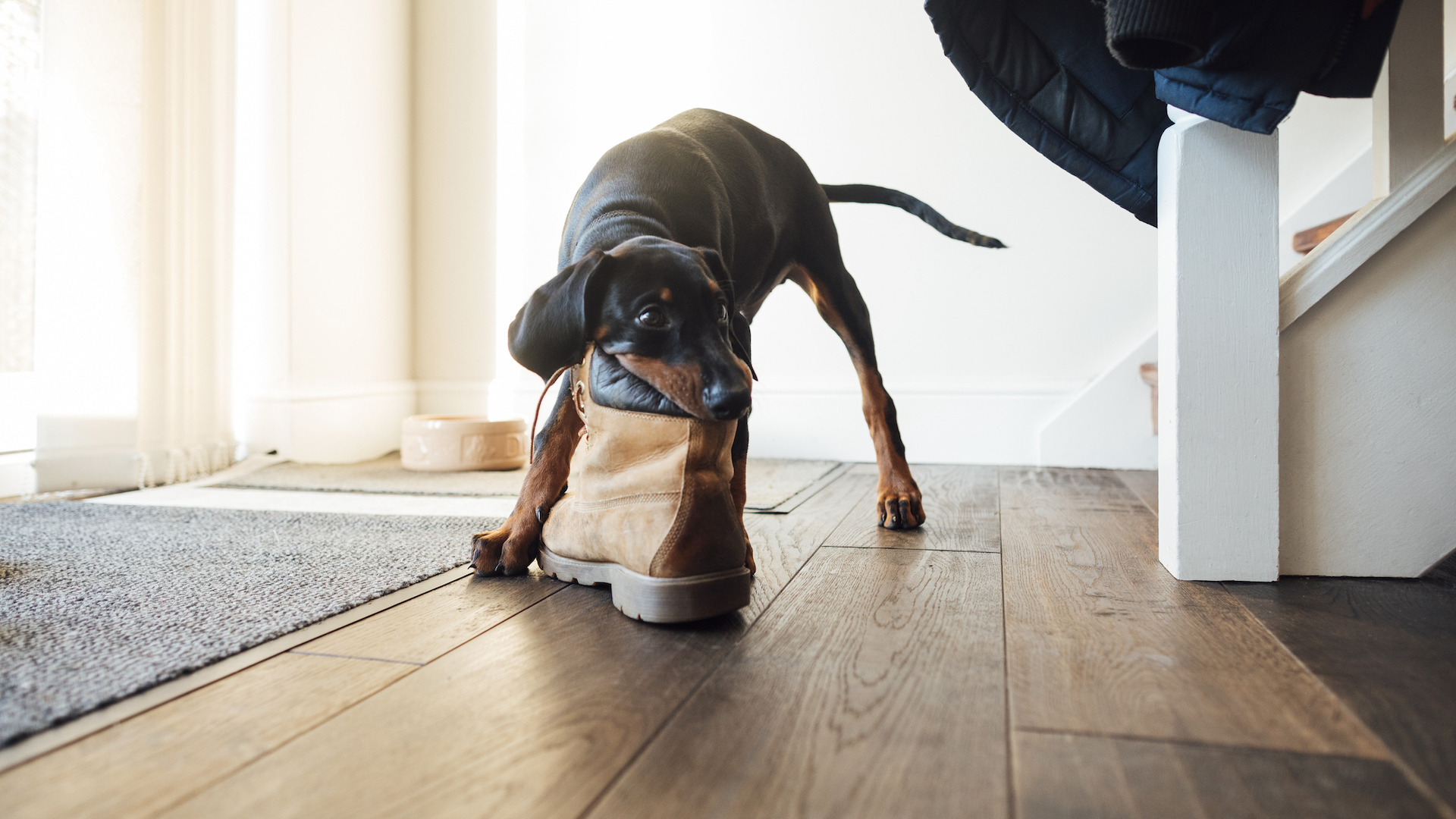
Teething puppies chew everything: table legs, cushions, shoes, and anything they can get their paws on. And even older dogs, particularly if they’re left alone for too long, often have destructive tendencies. Make sure that if they are voracious chewers you get them their own toys and they understand house rules.
19. Hair, fur and more hair
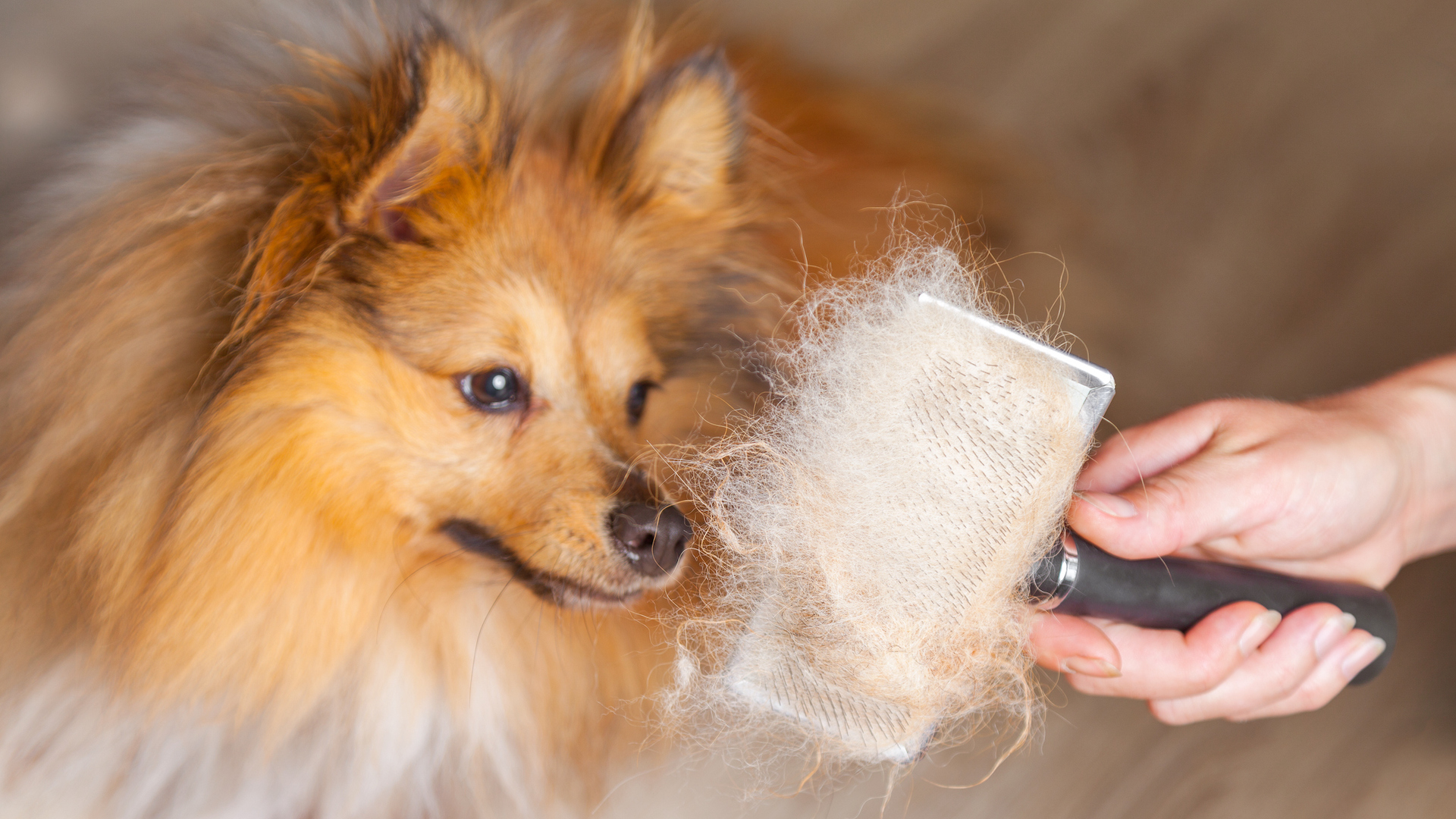
Dogs shed their furry coats, some breeds all year round. Even the so-called hypoallergenic breeds still shed some hair, just much less than the others. You’ll find hair all over the floor, on the soft furnishings, sometimes even in the food. A good dog-specific vacuum cleaner is a must.
20. Inappropriate peeing
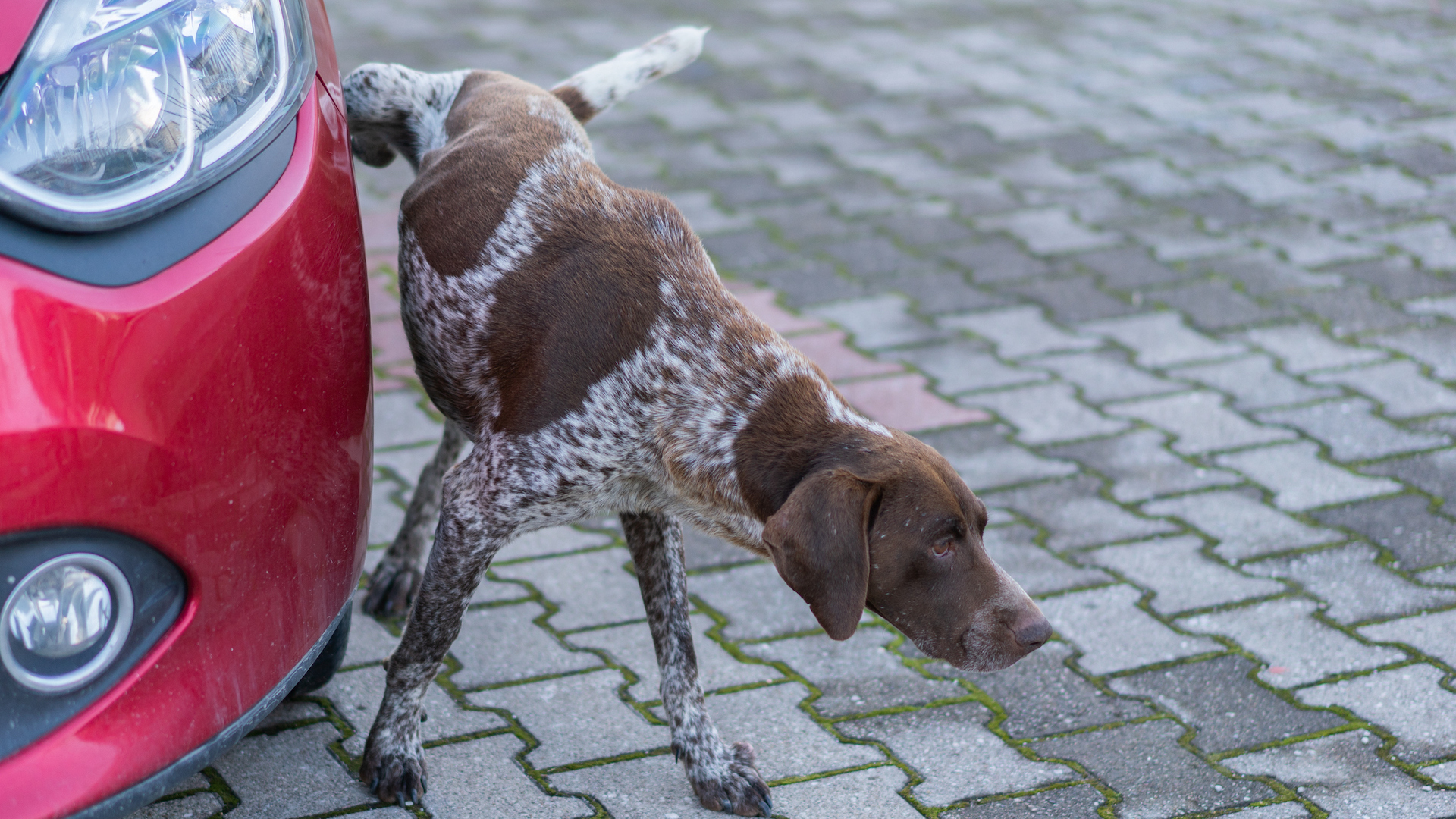
Male dogs, in particular, are prone to lifting a leg in appropriate places when they feel the need to mark their territory. This could be in a visitor’s shoe, on the hem of some curtains in a friend’s house, the neighbor’s car wheel. So embarrassing...
21. Dog smells
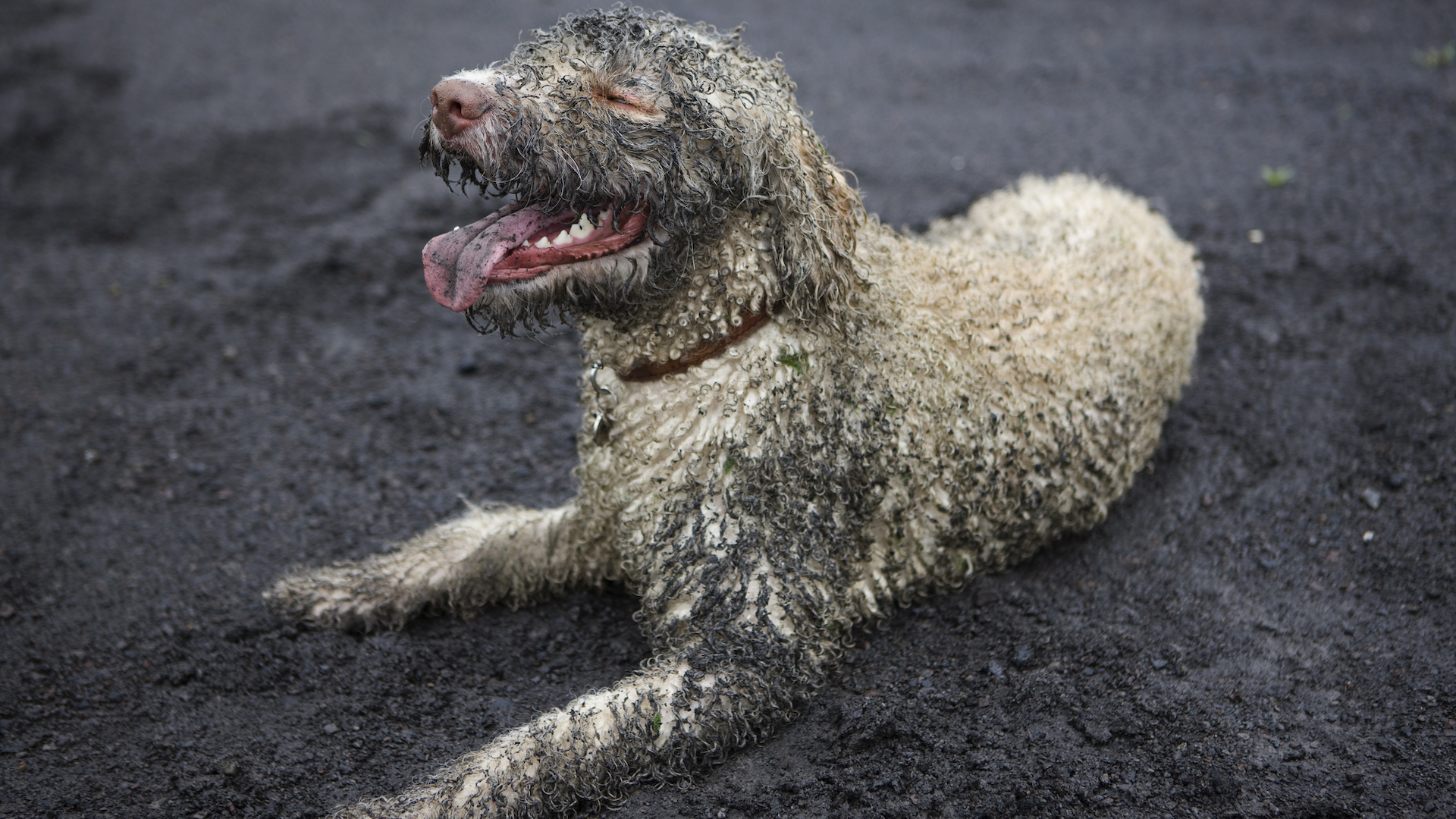
You may shampoo your dog every week, but there’s always a certain eau de chien lingering in any home that has a dog. Worse, if he rolls in fox poop, whose odor permeates everything for days afterward however much you wash it.
22. Aggression
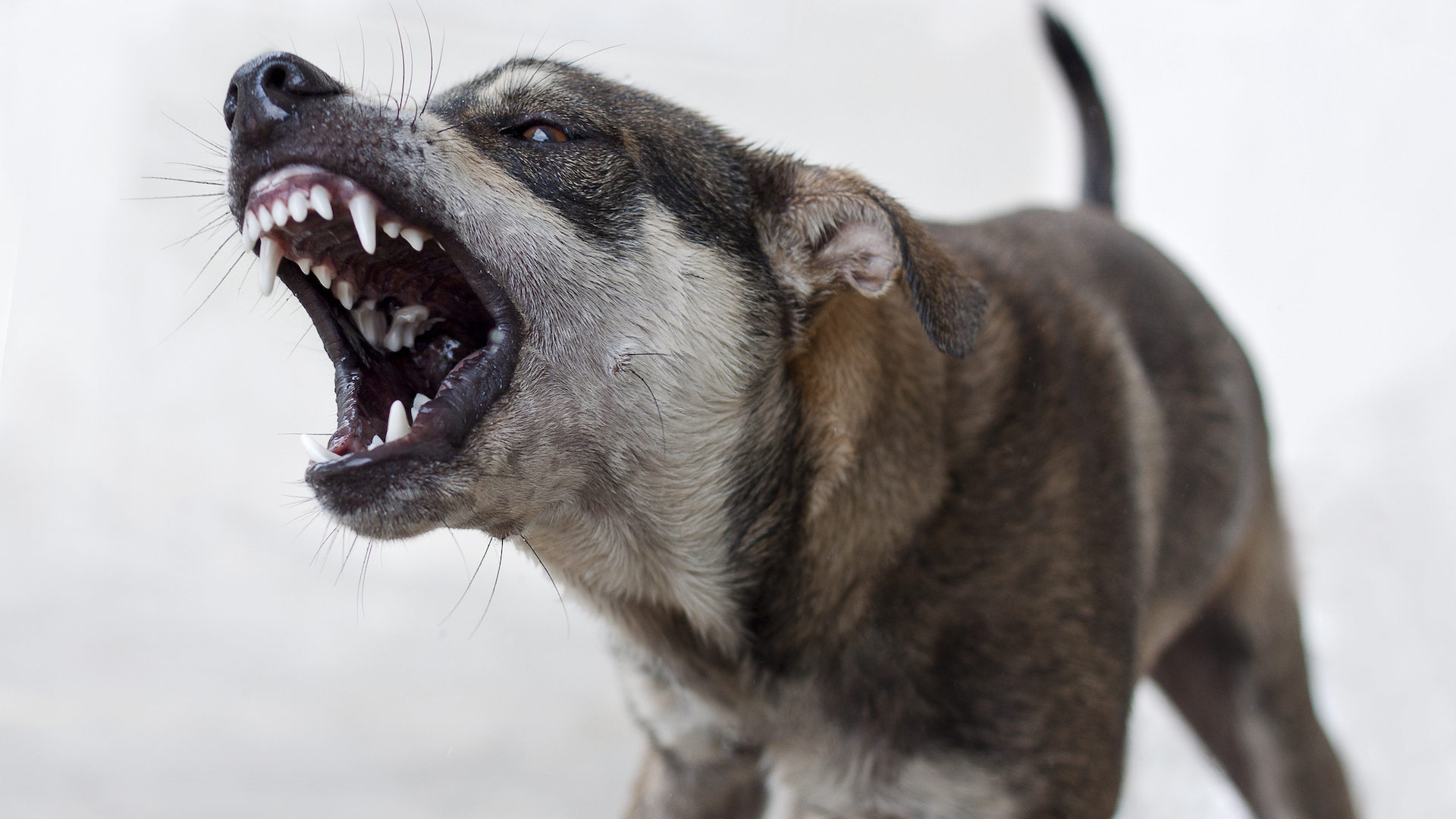
Alas this is a real and serious problem, even in pet dogs. Some breeds, such as those bred illegally for fighting, are more likely to be aggressive, but any dog that has been poorly socialized and trained can develop dangerous tendencies. Some dogs are aggressive just towards other dogs, others are also dangerous towards humans.
23. Whining
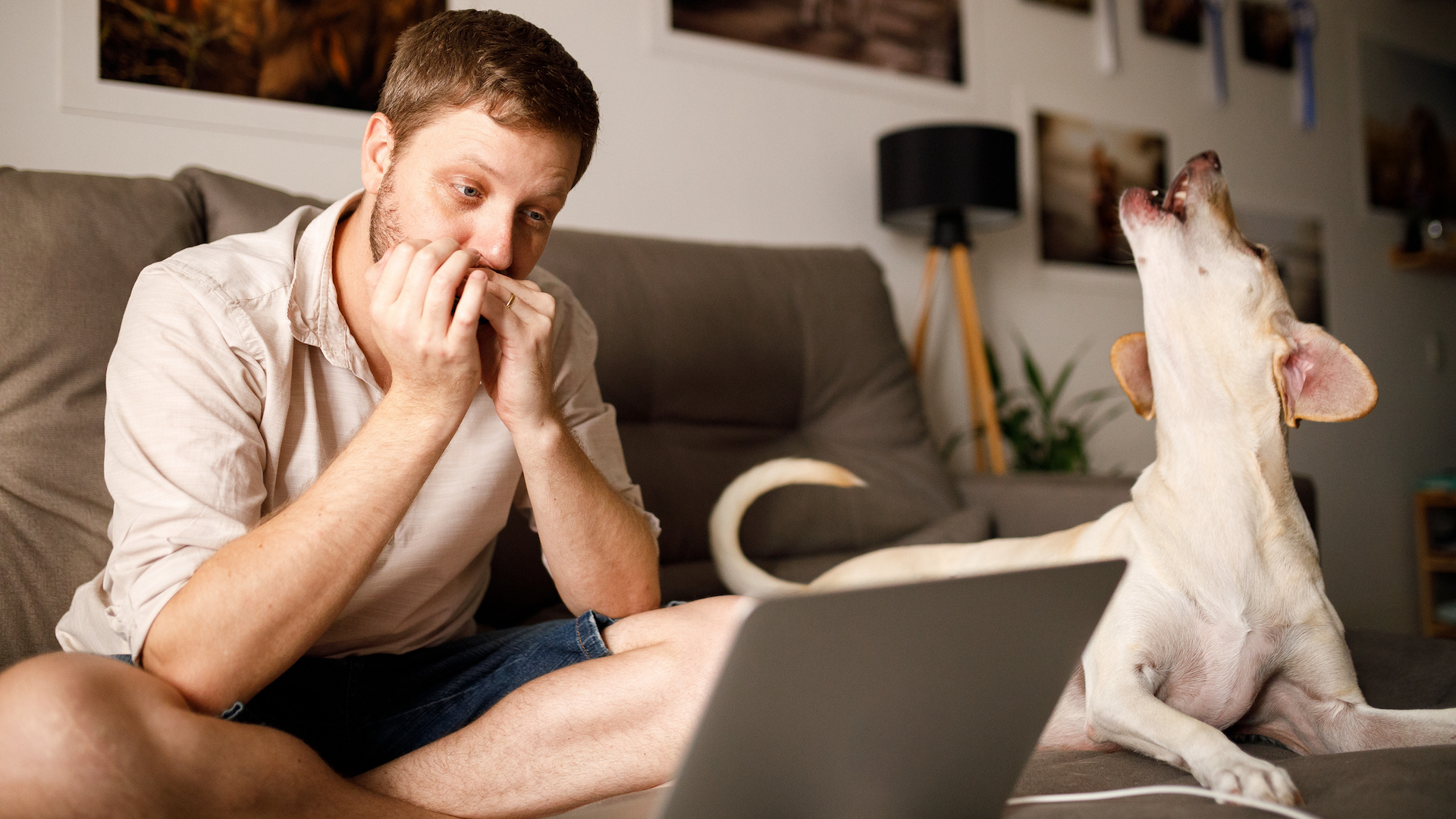
Some dogs are needy, some are more independent. The needy dogs tend to have a habit of vocally letting you know that something is lacking in their life. This might be your attention, an open door, a walk – who knows, but they’re going to tell you about it.
24. Jumping up
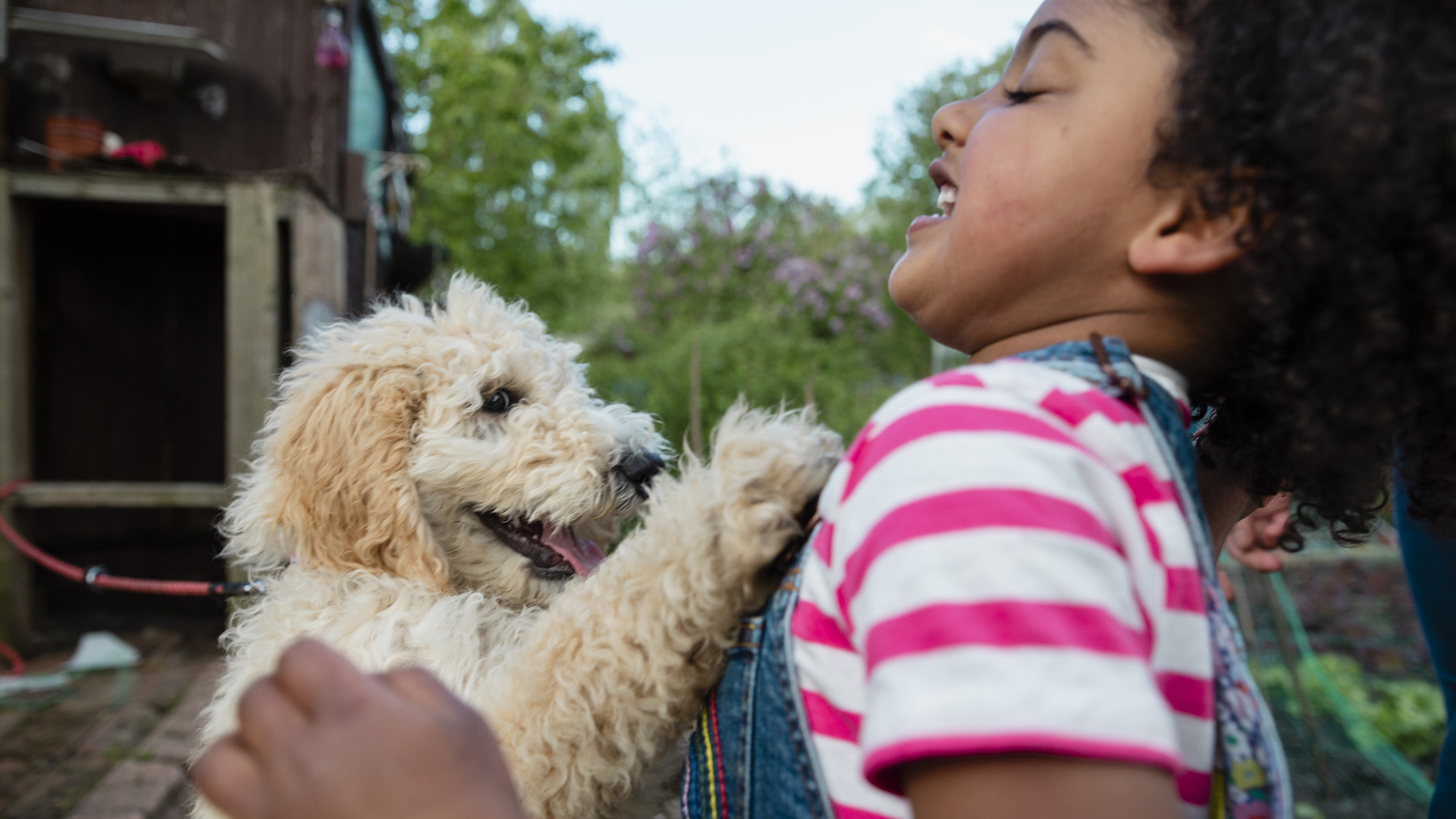
Cream pants, dirty paws, need we say more? Or their exuberance knocks a small child or frail senior person off their feet – jumping up never has a happy ending.
25. Humping
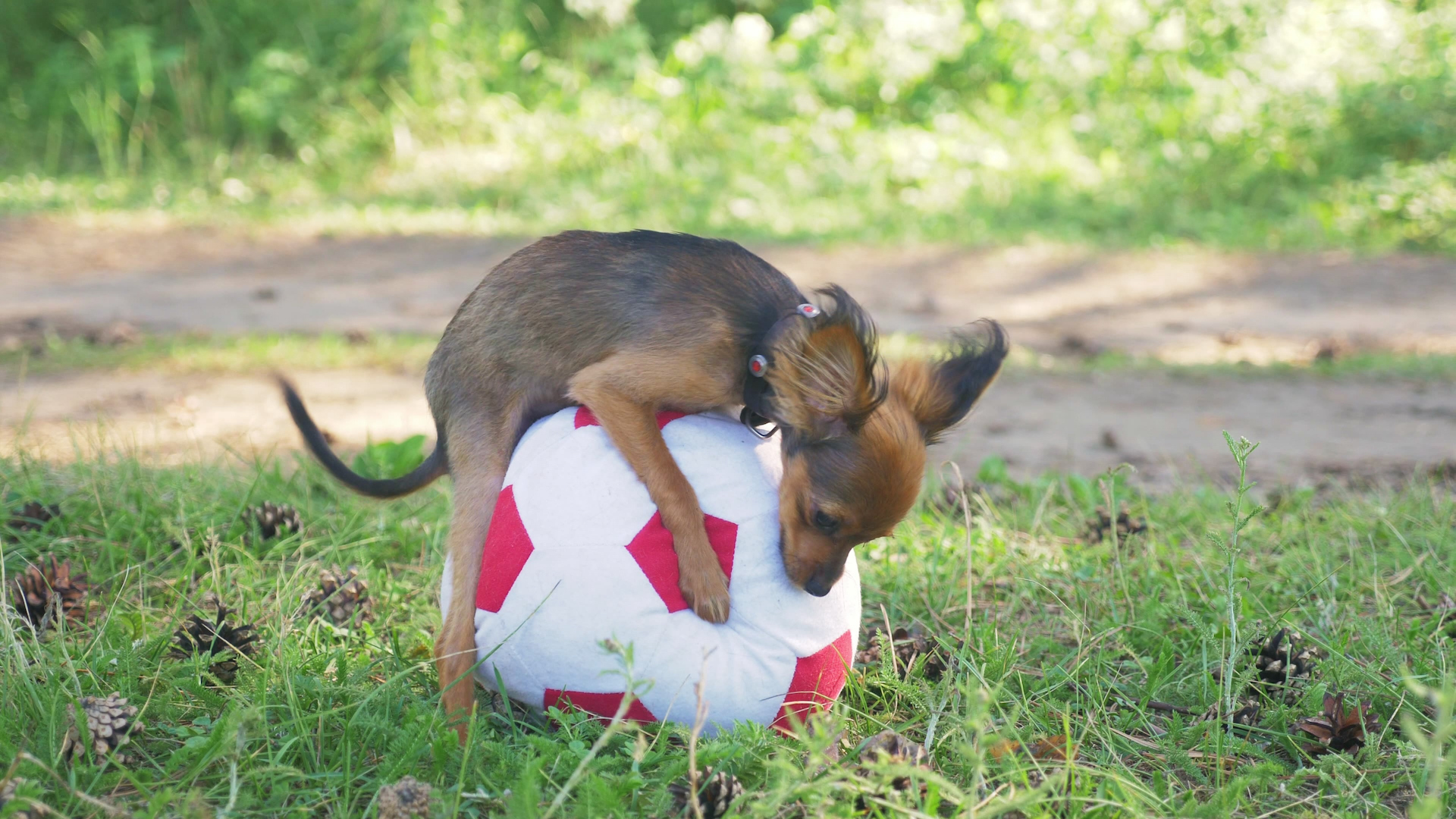
Humping is a natural dog behavior which occurs in both males and females. It is not always sexually motivated, despite appearances, and may be due to stress, frustration, excitement or sometimes medical issues. They may hump a cushion or their basket, or even more undesirable, a person’s leg. Socialization, exercise, distraction and neutering can help curb this unwanted behavior.
26. Patience in training
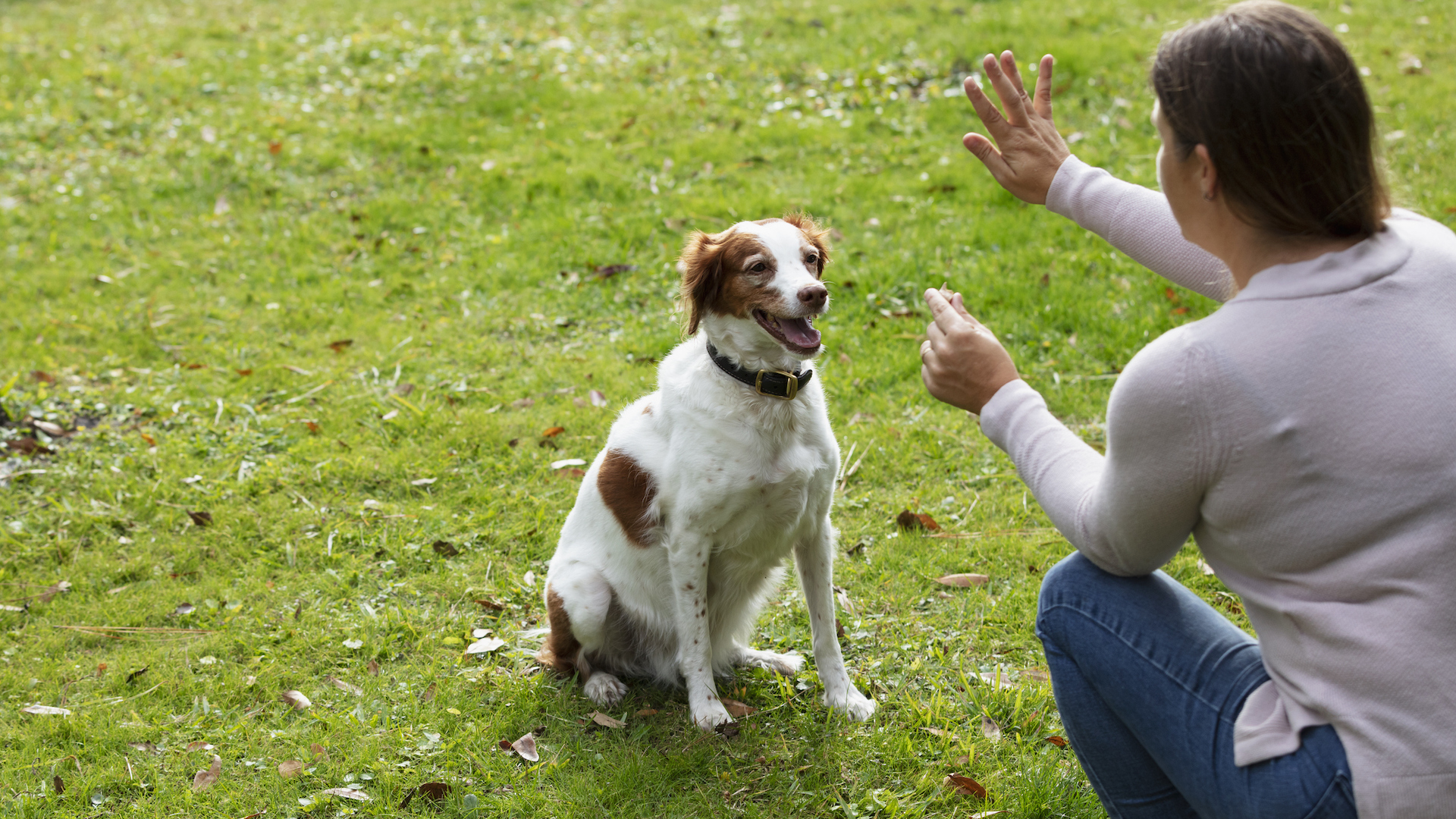
Puppies don’t come ready-trained. They need to learn socialization, leash walking, house rules, toilet training and so on. As the owner, you’ll do the lion’s share of the training, which needs to be regular, consistent and patient. It usually takes longer than you expect, but if you persevere you’ll have a much more pleasant dog at the end of it.
27. Their meat-rich diet
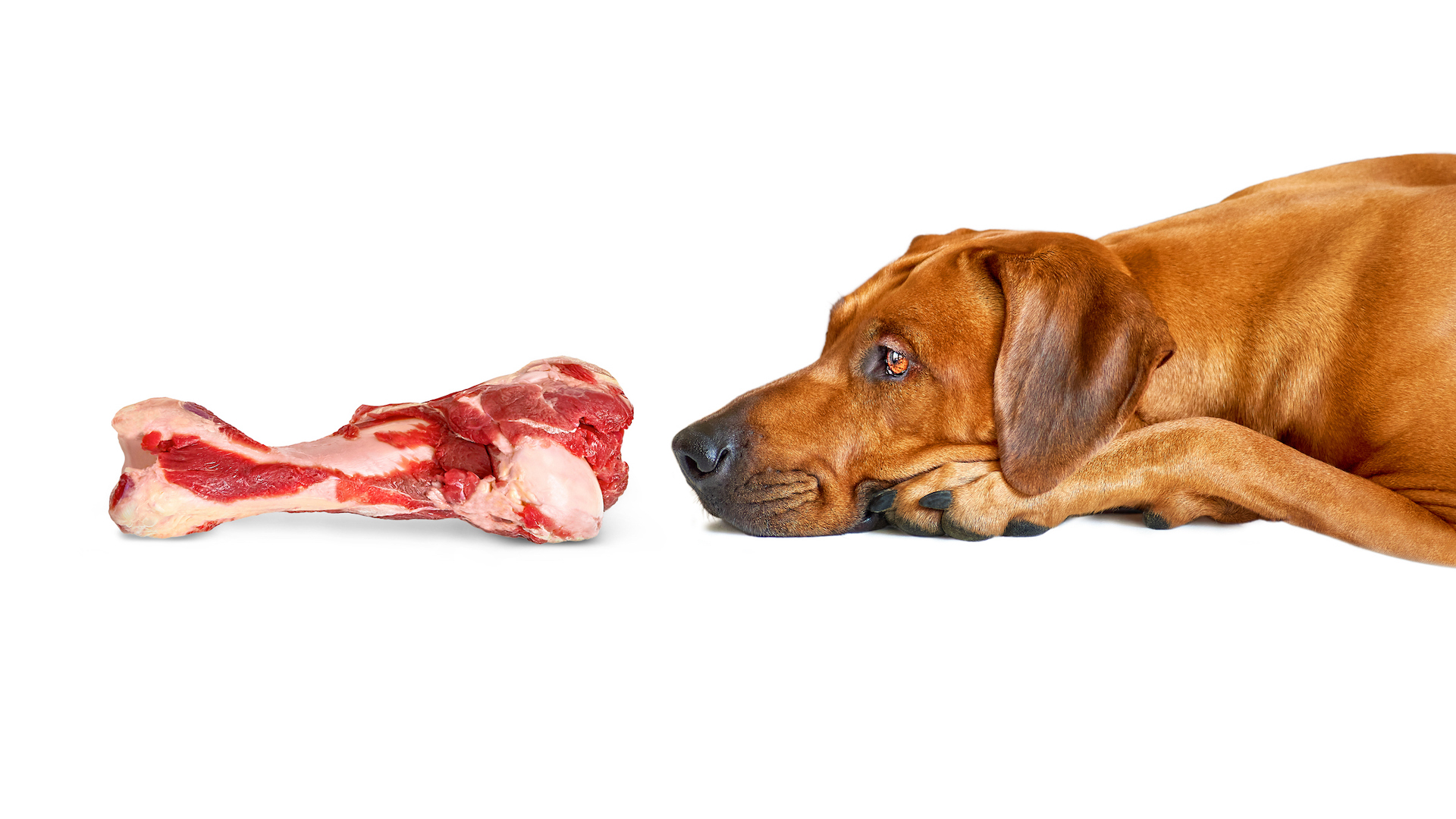
Dogs require a diet that is rich in meat, which is a) expensive; and b) against some people’s values. Over nine million Americans are vegetarian, a growing number, and some of these do not like to handle meat, even if they are not going to eat it themselves. Plant-based diets are available for dogs, but these are rare and the British Veterinary Association does not recommend giving a dog a vegetarian or vegan diet as it’s tricky to get the correct nutrient balance, and there is insufficient scientific evidence currently to promote it.
28. Stealing food
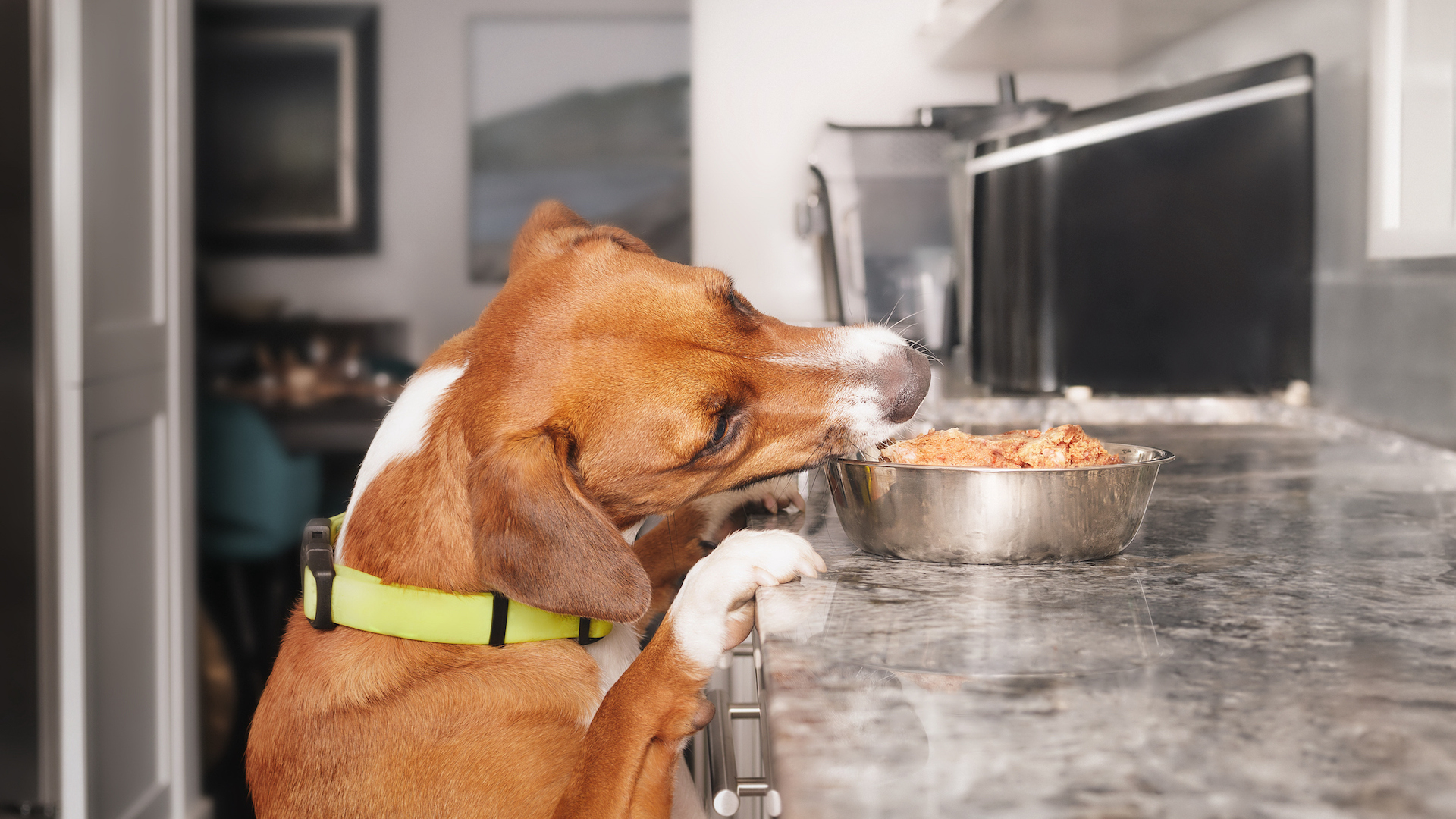
There are dogs that cruise around the countertops, hoping for snacks, and there are the really audacious ones that will steal a whole roast from the middle of the table.
29. Begging
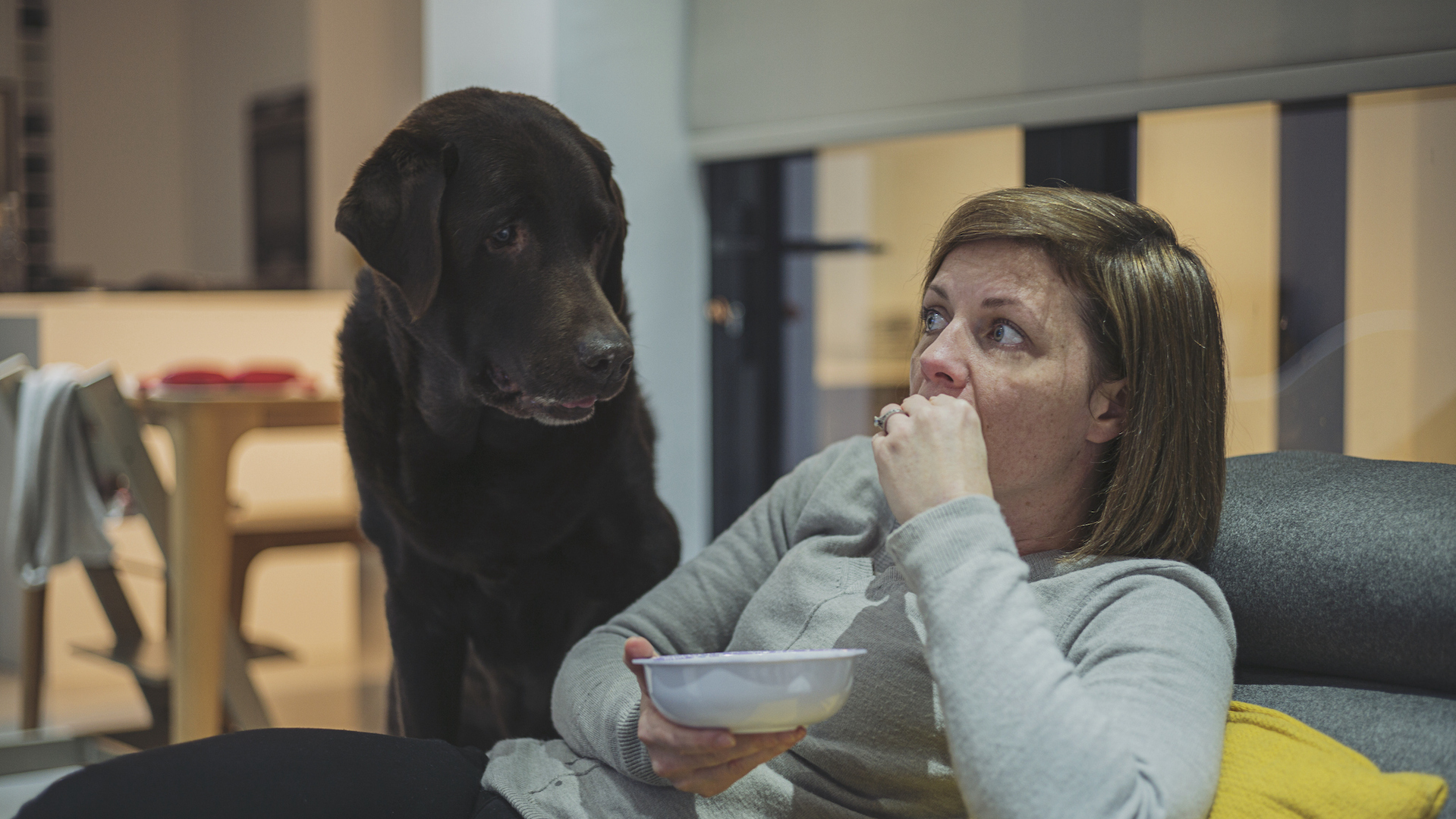
Dogs tend to be greedy. It’s not endearing to have your dog lovingly gaze up at you while you’re eating; they just want your grub. Some have the even more annoying habit of whimpering. Do not give in!
30. Searching for lost dog
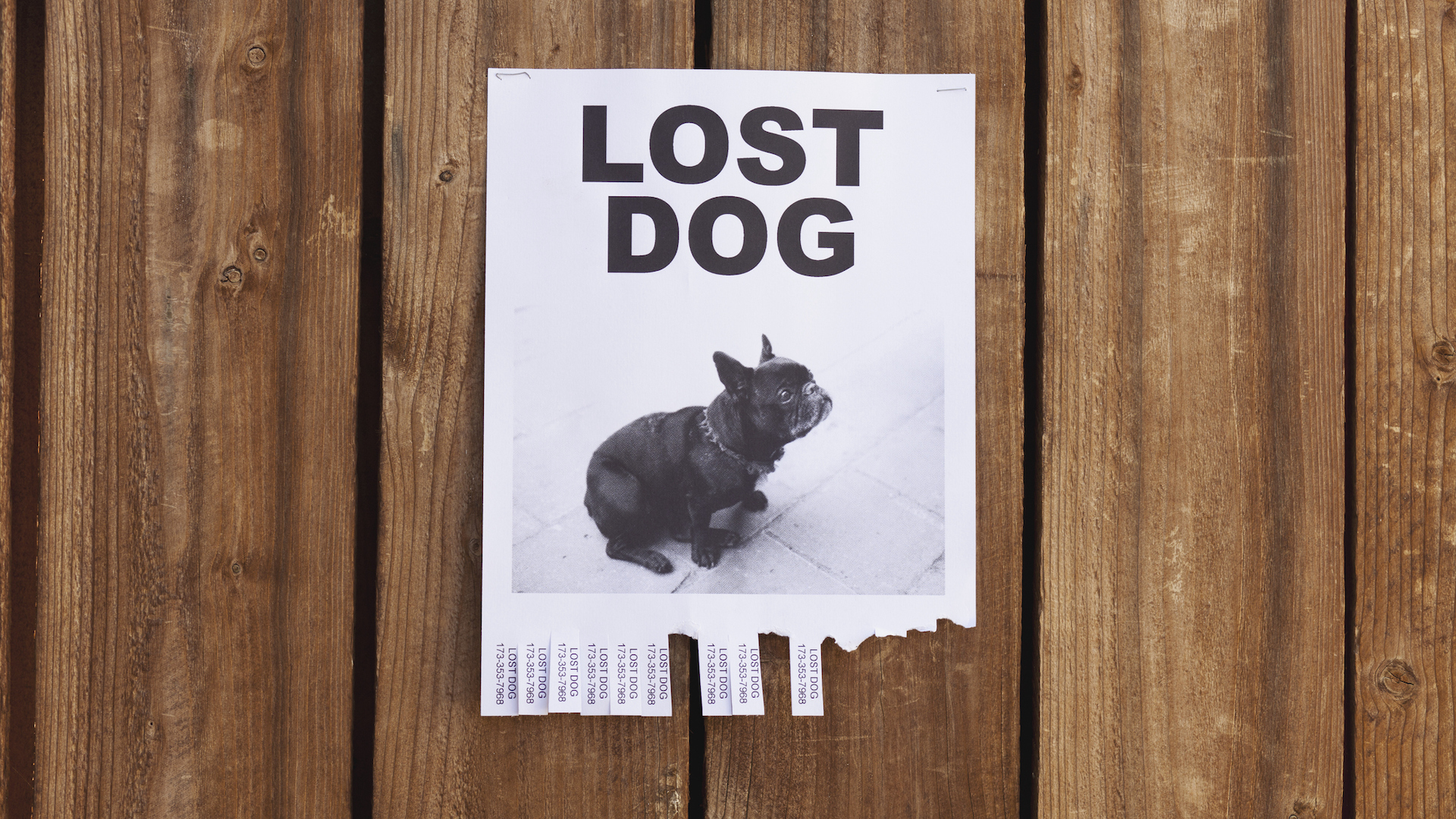
Owning a dog is a huge responsibility, and when they get lost on a walk it’s very distressing. You whistle and shout to no avail, and get increasingly worked up as the dog fails to materialise, panicking that he’s been stolen or hit by a car.
31. When they chase other animals
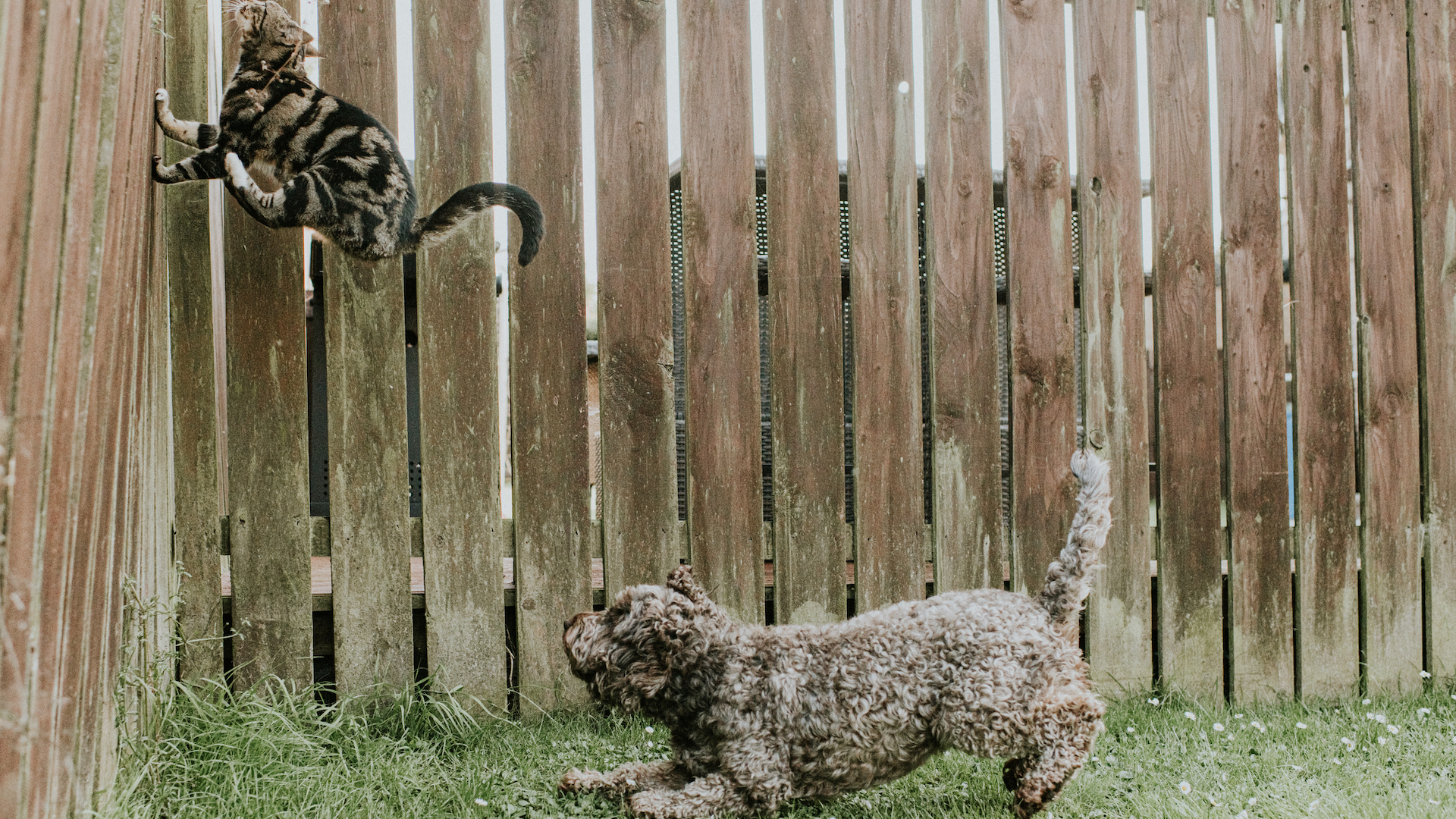
Less bad if it’s a deer, a rabbit, a squirrel, but if your dog chases – worse still catches – the neighbor’s cat or guinea pig, there will be some uncomfortable conversations.
32. Indiscriminate licking
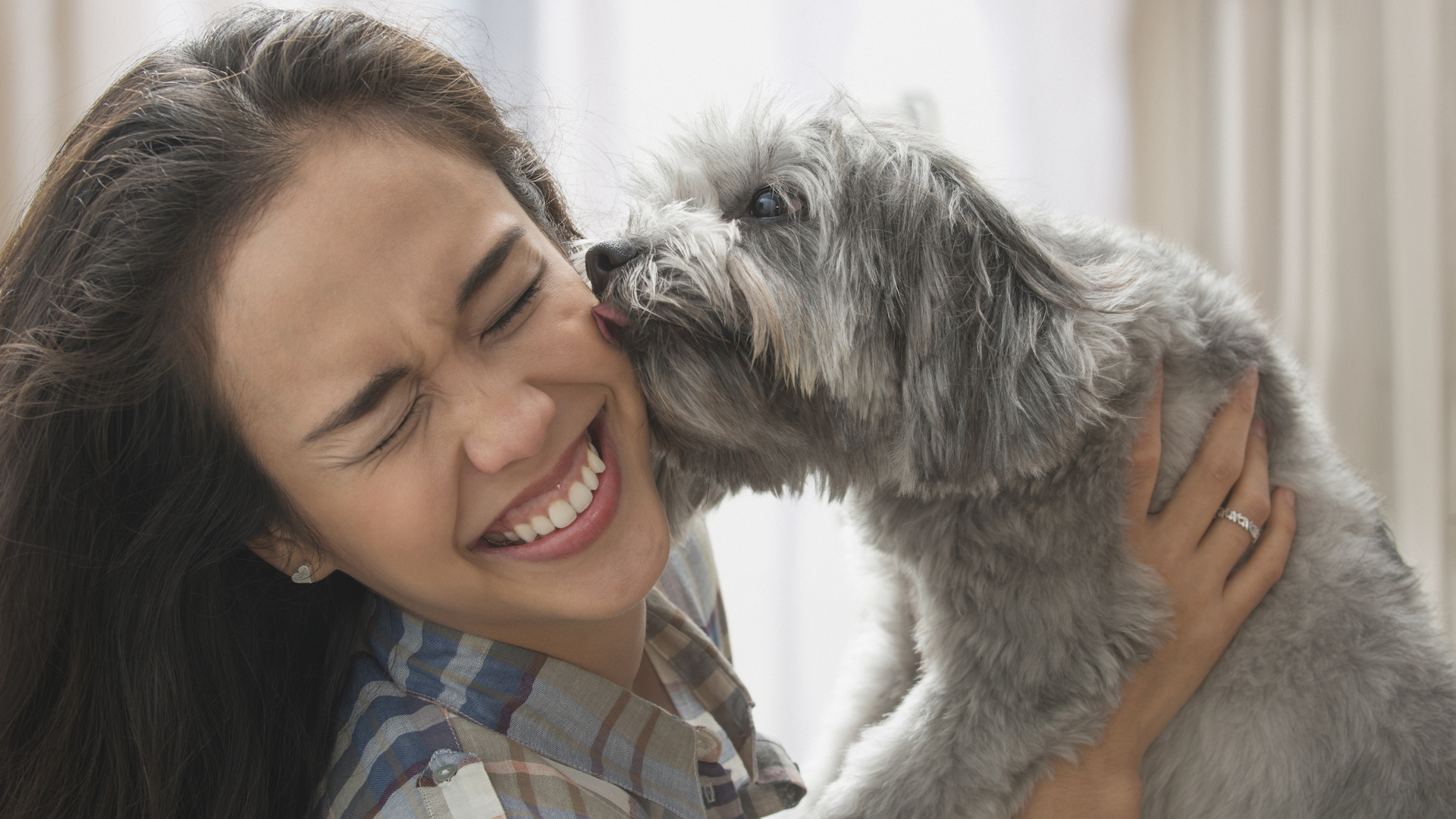
They lick their bottom, then lick your face. Enough said.







